THE PERSONAL IS POLITICAL IS






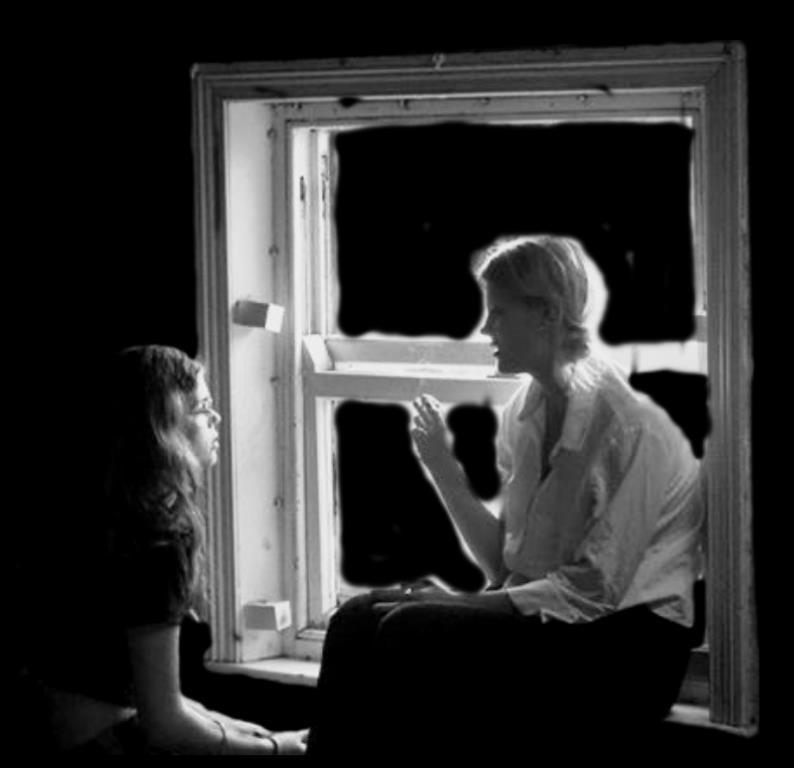
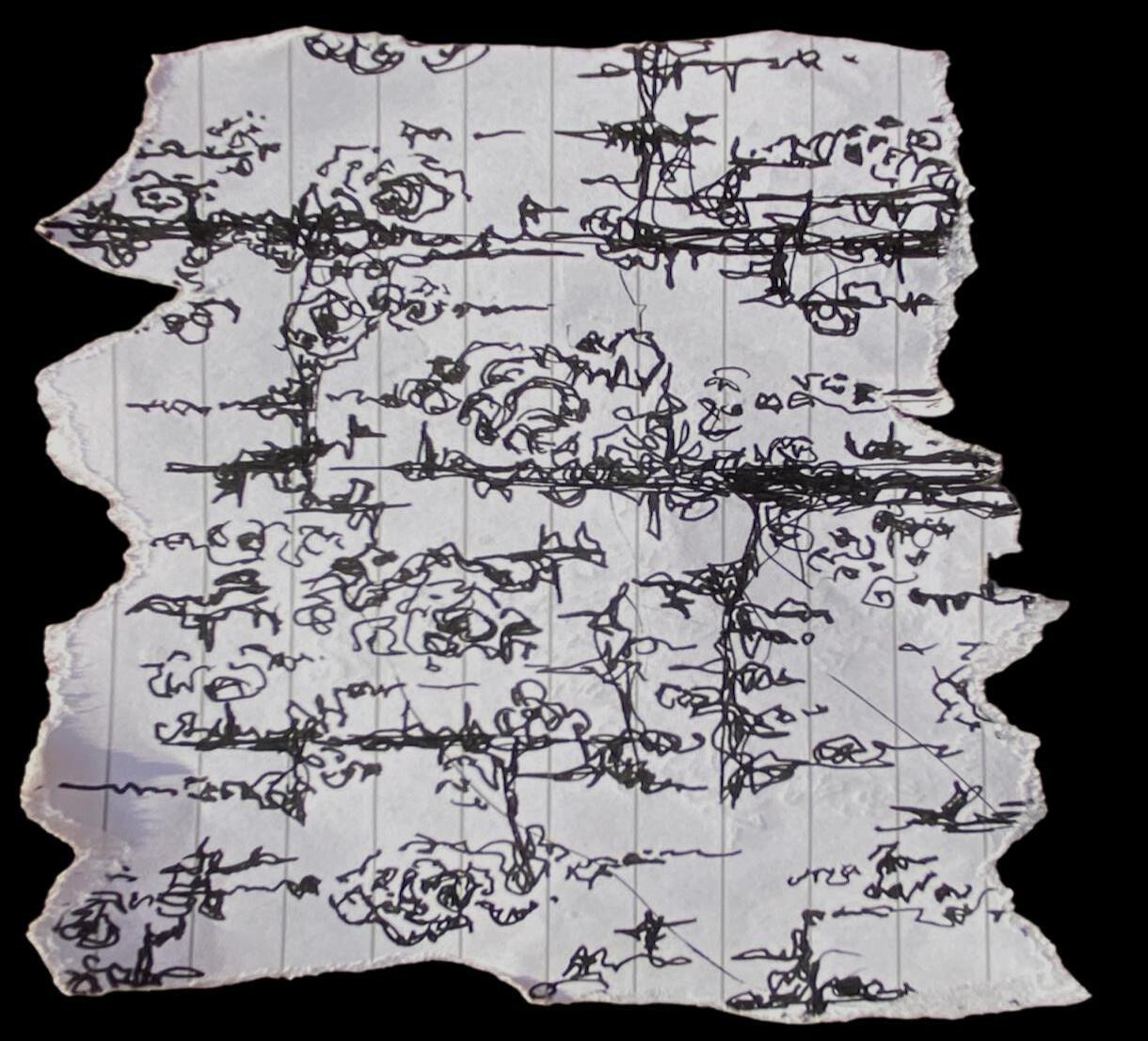
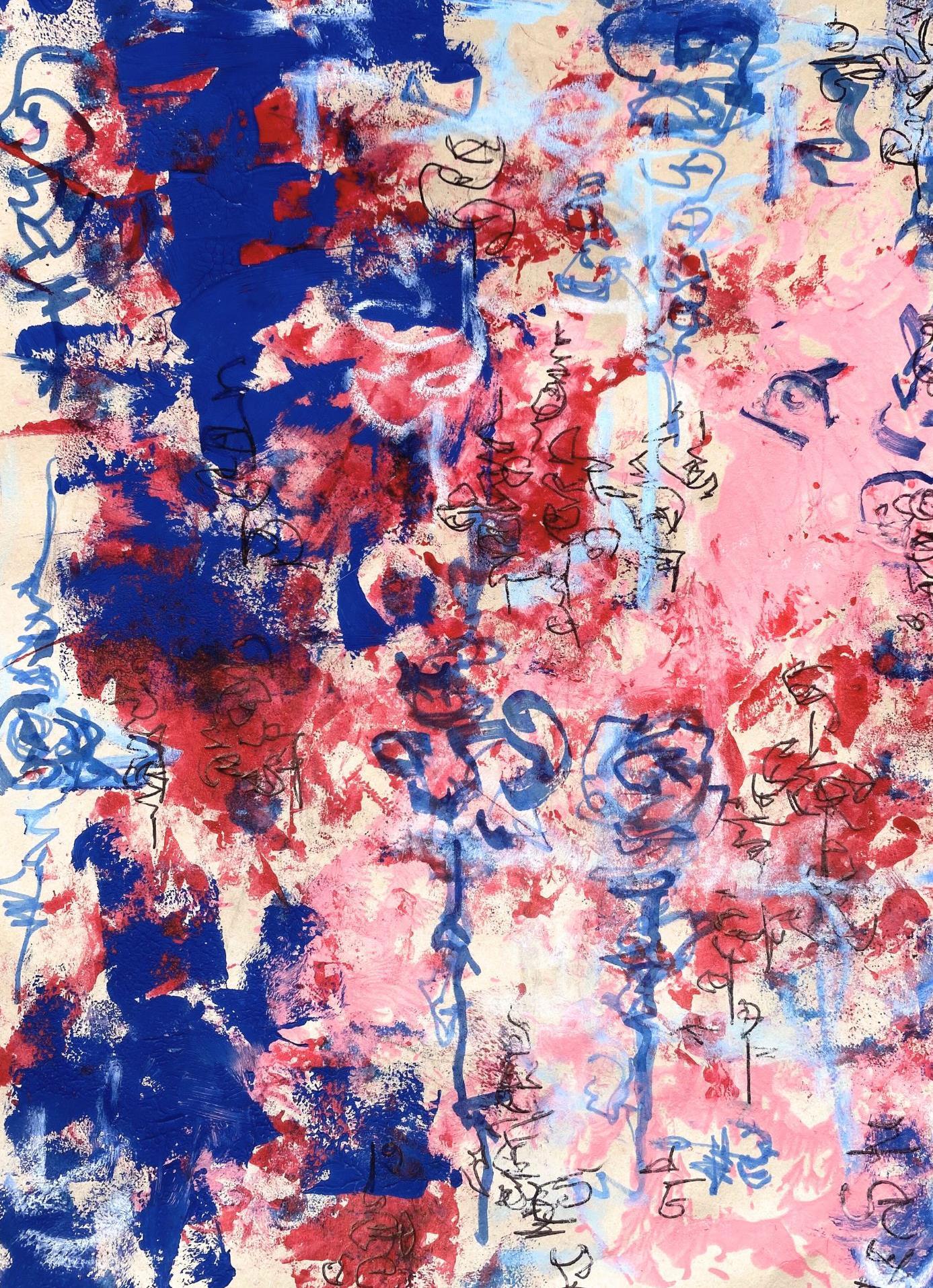
FEMINIST






2023

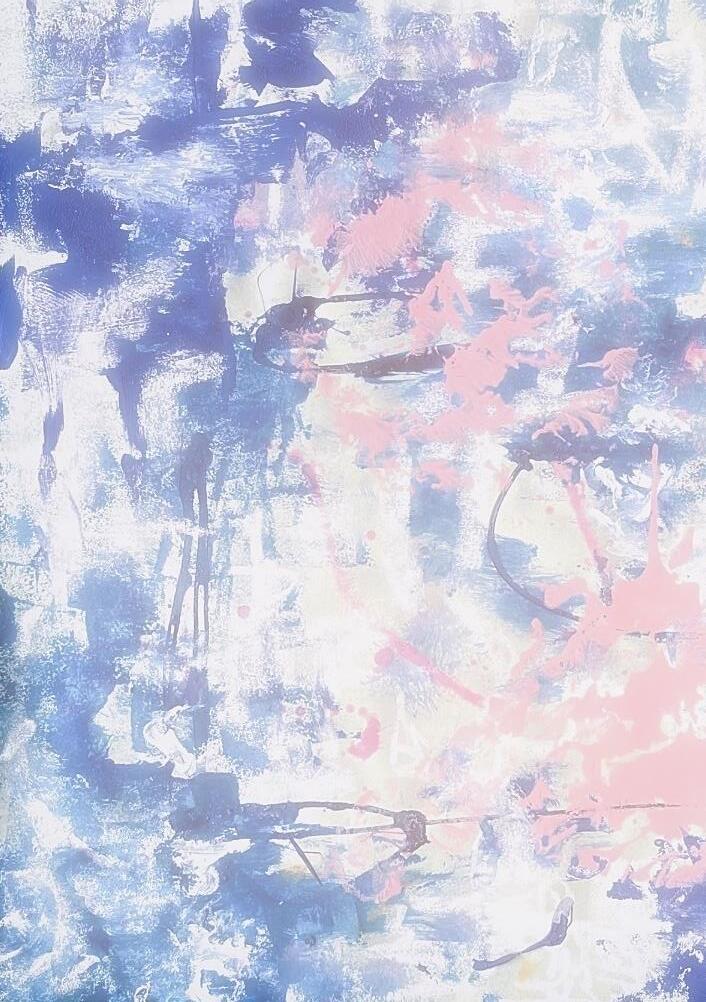
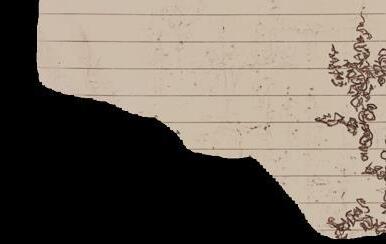
Cover art...........................Elise Batchelor and Madeleine Baber A Note From the Editors ....................................Bridie Milsom (5) Low price..........................................................Maddy Allardyce (6) Feminine Rage.......................................................Nima Babiker (7) Constructing a fantasy.....................................Elise Batchelor (8) Series of Vaginas..............................................Elise Batchelor (10) Nothing...........................................................................Ria Patel (13) Berry tree.......................................................................Ria Patel (14) Total Knockouts...........................................Madeleine Baber (15) To settle..............................................................Emma Joy Hain (16) Star girl.................................................................Nima Babiker (17) Male gaze........................................................Madeleine Baber (18) Mama.........................................................................Anonymous (20) Helping My Friend Louis Feel Pretty....Madeleine Baber (21) Both Sides...........................................................Anonymous (22) I've seen red............................................................Anonymous (24) Table of Contents

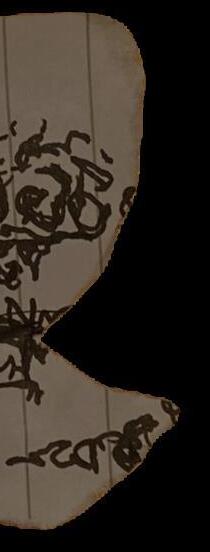
Pleasure..........................................................Madeleine Baber (25) The liberal state as a woman.......Jasmine Heddle Bacon (26) Lives Less Ordinary......................................Lauren DeBruin (27) Reformation &women writers........Lucy Robinson-Vann (28) Ain't I a Woman?................................Katrina Barros Rocha (30) Reclaim the Night..............................................Eseosa Akojie (32) 5pm on a Friday.....................................................................Max (34) Taylor Swift and Matty Healy.........................................Katie (36) Emilia Pardo Bazán............................................Katrina Long (38) Horses..............................................................................Izzy Man (41) I am a woman...................................................Emma Joy Hain (42) Eden...................................................................Maggie Harding (43) I would make a fantastic woman......................Anonymous (44) Heart of China...............................................Madeleine Baber (45) The Cabbages...........................................................Anonymous (46) Womanly Emotions.......................................Maggie Harding (47)
I am thrilled to present to you, for the first time since 2019, Gender Agenda: ‘The Personal is Political is Feminist’.

Gender Agenda strives to promote an inclusive and dynamic exhibition of the incredibly talented feminist community at the University of Cambridge. Whilst the pandemic may have hindered the Zine’s publication over the last few years, we are back with a beautifully curated collection of poems, short essays, journal entries, artworks and photographs.
‘The Personal is Political is Feminist’ was chosen for this edition to provide contributors with a broad framework from which they could explore what feminism means to them and how it manifests in their daily lives. Feminism is not just a political act. It is something we embody day-to-day; it is something which we encounter through our conversations; it is something eternally present in our psyche; it is something we feel and create and grow from.
It has been my absolute pleasure to lead this project and work with so many wonderful individuals. I will forever be grateful for all you have taught me, shared with me and created to bring this Zine to life.
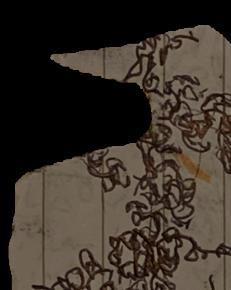
A huge thank you to the Gender Agenda committee without which this Zine would still be just a title on a Google Doc.
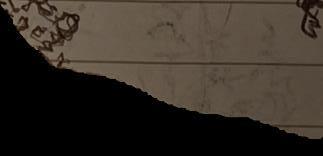
Love and Solidarity always - Bridie (Zine Editor for WomCam), Elise, Erin and Maddie xxxx

5
Maddy Allardyce
They sell me agency for the low low price of just £20 a bottle.
Self-expression!
Hours of my life dedicated to beautification, painting confidence, until they tell me that I can have it all.
Girlboss!
I choose the lipstick shade ‘corporate’ so men in suits take me seriously but won’t think I’m a slut.
Feminism!
I’m told it’s a choice. They sell me autonomy on tea towels, phone cases, overpriced t-shirts.

The Modern Woman!
She can change nappies and become CEO all for a low low price.
6


7
Nima Babiker
Attraction to the emotionally stunted man: constructing a fantasy.

Across my (not so many and not so successful) attempts at (heterosexual) dating, I’ve noticed a pattern in myself that I’ve grown increasingly disgruntled with. My pattern is that of an unrelenting attraction to what I’ve noted as the ‘emotionally stunted man’. The core of what makes up the emotionally stunted man pertains not exactly to the man himself, but to a specific romantic fantasy I’ve curated, which I then project onto unsuspecting eyecandies. That might sound crude and shallow, and that it effectively because my fantasies are just that, crude and flat. As a method of escapism, my fantasies can be argued to be pretty harmless in their construction, but fantasies are not that simple, they seep into our lives, in perhaps less exaggerated forms, but even diluted fantasies have the potential to be harmful.
I don’t believe I’m unique in my attraction to the stunted man, I believe many women hold similar fantasies, that manifest in various ways, but the significance of the stunted man fantasy in heterosexual
romance lies in its emotional patriarchal demands. Bell Hooks wrote in ‘The Will to Change’, “patriarchy demands of men that they become and remain emotional cripples”, I view patriarchal fantasies as a piece of this emotional ‘crippling’.
There are two key elements of my title I should clarify. The first is what constitutes a ‘fantasy’. Fantasies in this essay can be as simple as an expectation or ideal in dating to a full-on daydream. Fantasy lies both in the individual and the culture, with an assumption that individual fantasies are a part of wider cultural norms and cultural fantasies. Expressions of romantic fantasies, manifested through such mediums as romance novels, offer an example of the widespread ideal of the ‘emotionally stunted man’. They demonstrate the socialised aspect of the construction of fantasies.
The second element is what constitutes ‘emotionally stunted’. In this essay it is meant to convey a specific set of emotional ideals, imposed on men in the patriarchal fantasy.
Belowaresomeexamplesofsuchemotionalideals,
· emotionally reserved; so not quite cut off emotionally, but certainly not expressive enough to, for instance, cry openly


· passion which is often restricted to intense lust and anger
· a ‘suffer in silence’ type attitude to their emotional distress
· a protective (and typically unhealthy) emotional response towards their ‘lover’
These are (some) of ideals that make up the ‘emotionally stunted man’. These are values by which men assert their ‘maleness’ and assume emotional dominance within relationships, emulating the greater pattern of male authority, control and dominance which make up the foundations of the patriarchal system.
I would argue that conformity to this role pattern in real life creates psychological stress and emotional pain for men in their romantic lives. Men, under the patriarchal culture, are limited in
their acceptable emotional range, lacking (healthy) emotional connection, oftentimes (I believe) turning to anger and violence, emotional or otherwise.
Recognition that men are hurt by rigid patriarchal emotional roles does not excuse male oppression of women. My aim is to acknowledge the psychological impact of ‘stunted man’ ideals on men, and the ways in which woman are also perpetuators of patriarchal thinking and action, by engaging with patriarchal fantasies.
8
I am not accusing women of creating these ideals of the emotionally stunted man.. The psychological patriarchy makes the stunted man an object of desire for both men and women, to the detriment of the emotional and romantic lives of both parties involved. Women become attached to the stunted man, giving them love and attention to earn.

Romantic fantasies of the ESM are created and reinforced across a wide spectrum of means. In media its manifestations can be as apparently benign as the ‘knight in armour and the damsel in distress’ trope in Disney movies, to the far more obviously concerning glamorization encapsulated in the Pierce the Veil’s lyrics “I kissed the scars on her skin”. These fantasies are absorbed and emulated from a young age, their impact and range not be underestimated.
RomancenovelsareamediumwhichIthinkbothreflectspopularideasofromantic fantasies,whilstpotentiallyinforminganaudienceaboutwhattypeofromanceis appealing.‘TheSpanishlovedeception’isonesuchnovel,onewhichIcanonlyassumefrom itspopularity(Tiktokvirality)isastyleofromanticfantasythatisappealingtoabroad femalereadership.
Itisan‘enemiestolovers’stylelovestory.Themaleprotagonist(AaronBlackford)istall, mysteriousandunsmiling.Over300pages,Aaronopensupjustenoughemotionallytothe femaleprotagonist(Catalina)forhertofallforhim.Theyproceedtohavehotandheated sex,featuringthemostunsettlingdirtytalkI’veeverhadthedispleasureofreading, “I want to feel you milking me, baby”.Youwouldbeforgivenforthinkingthatthiscouplehasclearly spentthese300pagesbuildingupemotionalbondsandbeenemotionallyintimate with eachother.(Enemiestoloversduh).Well,inthelastcouplechapters,Catalinafinds outAaronhasfailedtomentionhisDYINGFATHERthroughoutallofthis.Thisrevelationis writtenbytheauthorasanintentionalandemotionalomission,toprotectCatalina,asa bravesacrificebyAaron,himbeingemotionally‘strong’man.

This is an incredibly rough and unflattering review of this romance novel, but it serves (to me at least) as a flagrant example of the way women, both writers and readers, engage with fantasies of romance and relationships, largely unquestioning of the patriarchal constructions and emotional implications present in these fantasies.


All of this helps to highlight the importance of being conscious of the ways heterosexual fantasies are expressed, and their impact on the lives of men and women's emotional lives.
Fantasies are not apolitical. Whilst not all aspects of fantasies are translated into real life relationships, fantasies are an important facet of our understanding and expectations of romance. Both men and women lose out in the patriarchal fantasy. Men are expected to be prove their maleness through a limited range of emotional expression, leaving them repressed and inarticulate (obviously this is on a spectrum). Women are left with partners unable to communicate in a productive manner, or don’t feel as though they would be accepted and loved if they did.
We all deserve healthy emotional romance, and so we must be selfaware in the way we fantasize.
9
Elise Batchelor

10
Elise Batchelor

11
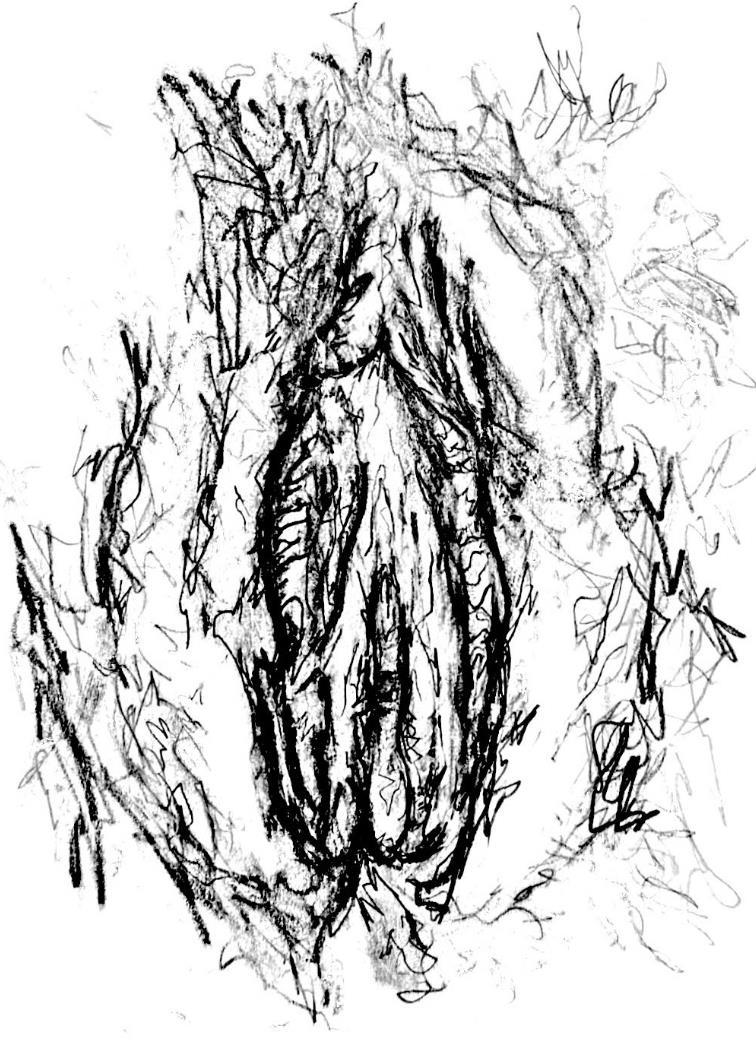
12
Ria Patel
You had sex with me and You enjoyed it But I felt Nothing.
I tried to turn your pleasure into mine
Told myself nothing wrong this time so it’s fine. Nothing went wrong this time. But still I felt nothing.
I turned you on and hoped that Would turn me on. But still nothing.
I faked the feelings to myself
So that I would feel them. But still nothing.
I let you have your fun
As you played with me and I with you.
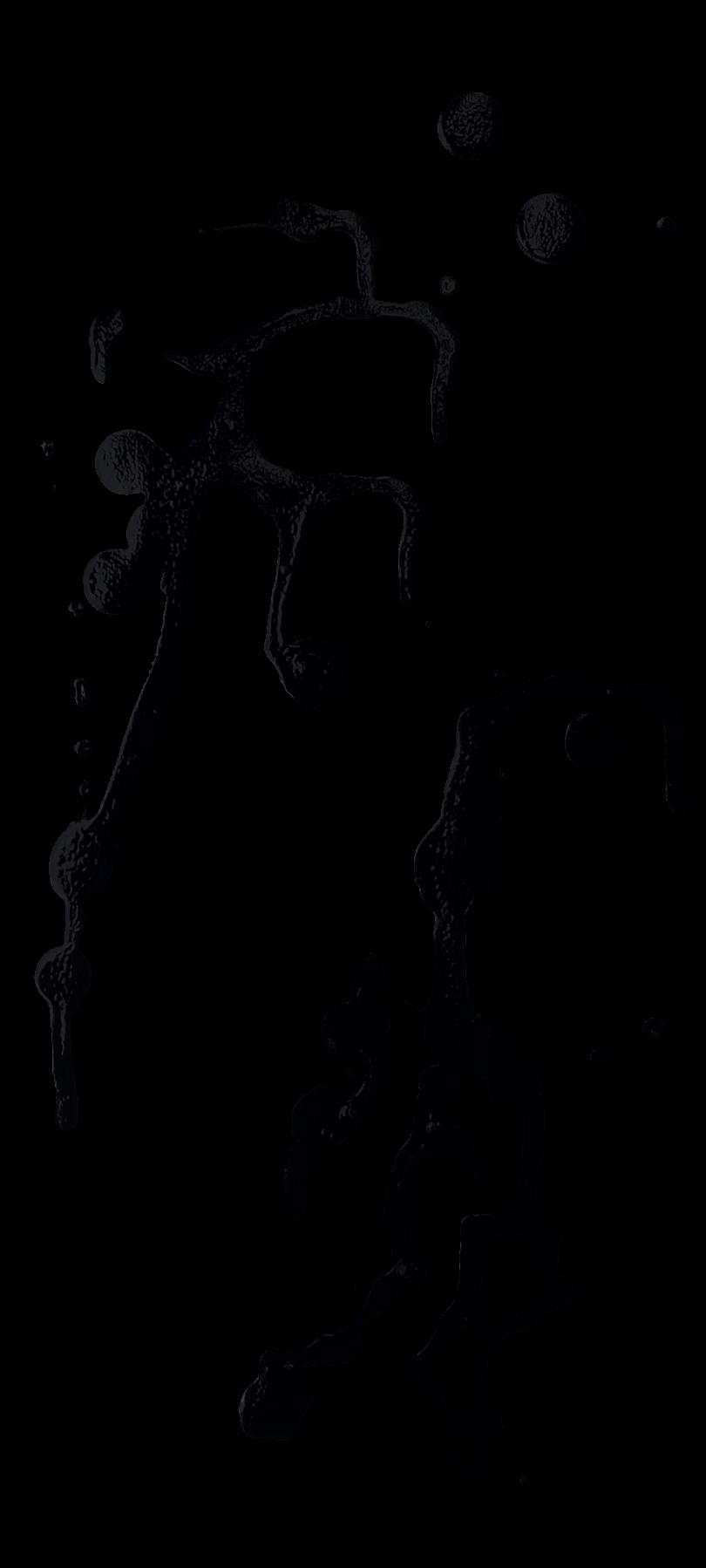
Nothing 13
Berry Tree
Ria Patel
'Bury me under the Berry Tree’.
She’s a stranger to me. Did I ever even know her?
Now she lies under the berry tree. I cannot seem to remember her.
Did I fabricate pictures in my head? Did I make her up in my mind?
I don’t know, only that she lies under the tree. Well, that’s where she wishes to be.
But she’s not really there is she. No. She’s not.

Because even if she wishes to be, Life’s crueller than death so she’s Trapped. Never to be free.
She’ll dig the shovel into the dirt, Dig her nails into her hand. Scrape the shovel across the mud, Scrape the knife as hard as she can. She’ll empty the ground till its hollow, Feed herself nothing till she’s empty.
And then, only then, Will she see the grave she’s dug into the ground.
Underneath the poisonous berry tree.
14

15
Madeleine Baber
Emma Joy Hain
She blinked stars in and out her eyes
Cried luna light with her goodbyes
Seething, it burned into her breathing

She learned a type of feeling
Where healing looks like grieving
And peace is make-believing
Stars in her eyes, they call it
That wide-eyed flicker
That makes her think a little quicker
Celestial serenity
In love with this eternity
Overjoyed, but literally
To fill
To spill
To kill
Fiery, they call it
Fireflies enthrall them
But when fire dies -
Light and bright are not the same
And now she’s hurting, yet again
Oceans in her chest
Tired of being worst and best
Waves that crash
And leave her bashing knuckles on a wall
She’s felt it all
And planets spin within
She’s aching
Romantic, they call it
But it’s got her kind of frantic
Imagining and happening
Fingers slowly slackening
The clutch of real
That need to heal
But kind of bored
She’s loved and wanted and adored
To be dropped again
They’re all the same
So much for kissing in the rain
Passionate, they call it
And she always did like passionfruit
But at her roots
She’s wearing thin
So tired
Unfired
16
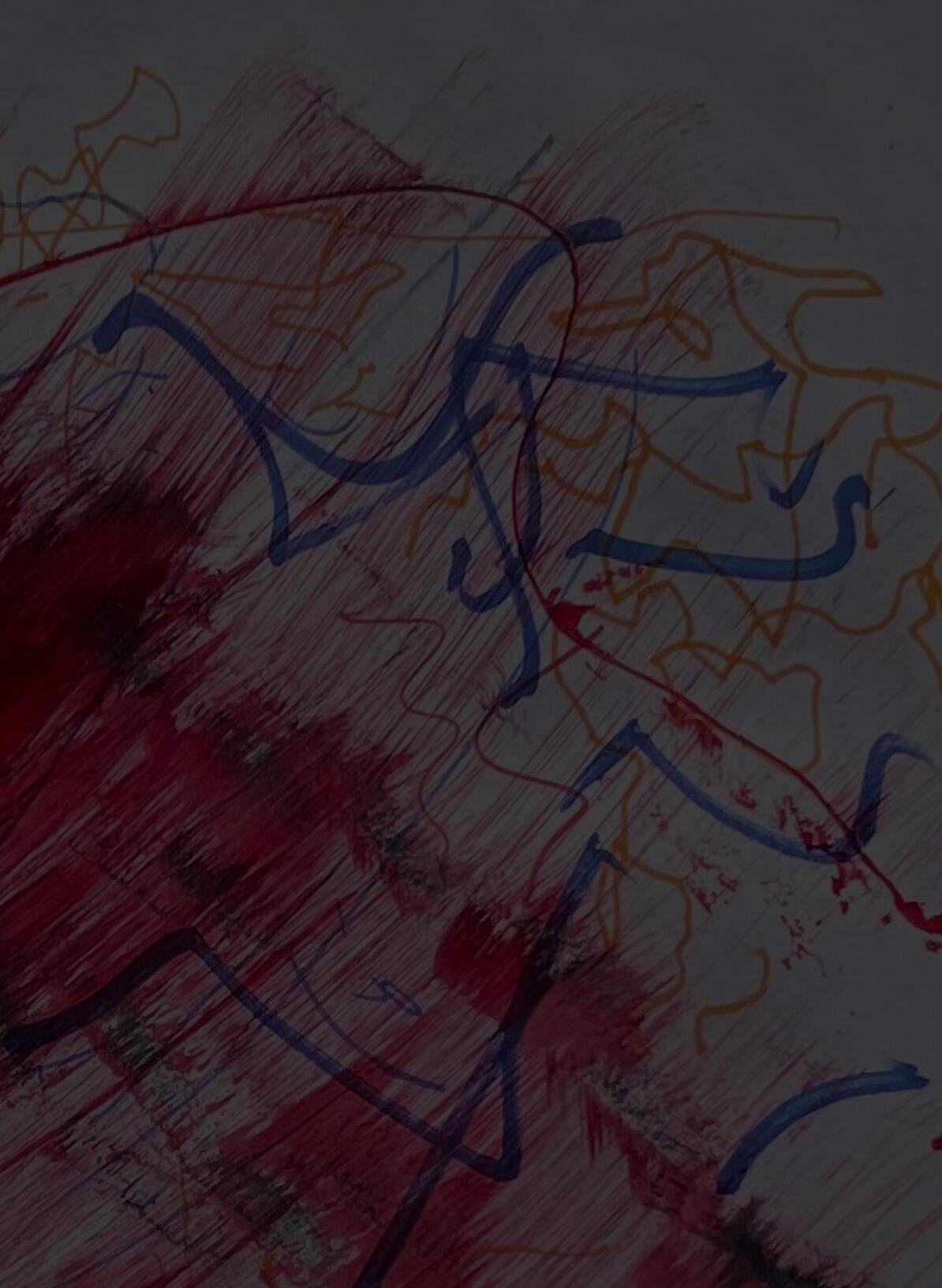

17
Nima Babiker
Some reflections on the male gaze.
Whilst it is mildly infuriating that one of the best analyses of male gaze and its impact on the female psyche was made by a man, I cannot deny that John Berger hit the nail on the head when he wrote:
“Men act and women appear. Men look at women. Women watch themselves being looked at. This determines not only most relations between men and women but also the relation of women to themselves. The surveyor of woman in herself is male: the surveyed is female. Thus, she turns herself into an object of vision: a sight.”
When I first encountered this quote, I felt as if I suddenly understood a hither-to unnoticed aspect of life. Where I had heard of the ‘male gaze’ before then, I had never truly grasped the concept. Once I had, there was no going back. I saw the traces of it everywhere. It pervaded every film, book, TikTok. All my clothes were ruined. My entire childhood was reimagined under its dominance. Perhaps this is because I was struggling with my body image at the time, but for me the gaze was malignant, and it had breathed its poisonous breath onto everything I knew.
As it is for most of us who experience it, my ‘awkward phase’ was long and unbearable. Average height, above-average weight, unruly ginger hair that I desperately tried in vain to make fit the 2016-poker-straightdip-dyed-musical.ly-user aesthetic, those ridiculous rectangular plastic glasses, such as all old Tumblr users should remember well. I was, in a word, ‘frumpy.’


It wasn’t until the latter half of year ten that I purged myself of awkwardness. And once I had, as every person who’s ever shed couple of kilos and put some layers in their hair can attest to, I noticed tangible difference in the way my peers treated me. anymore. I had a name and a face and a won the game the gaze insisted I play, losing again always stuck around.
In my final year of college, I outgrew my favourite pair of trousers, my long hair into a curly whatever-the-fuck, stopped wearing lifted weights. Maybe I should have seen this as liberation, but more like deterioration. For months I felt trapped under my heaviness. I looked at others and I only saw my own all-too-



18
big reflection in their eyes. In conversations I felt myself as an overwhelming presence, a ghastly monster that everyone was simply too polite to scream at. I longed for my eyes to be taken out of my head and placed above me, so that I could always observe myself, know my every angle, know what others saw. The limits of my own sense of vision were a constant torture for me.
In my life there was an omnipresent male and he watched me and all the women around me all the time. He was my surveyor, their surveyor. He was our prison warden, or still is maybe.


Berger was right. I had turned myself into a vision: a sight.
And truth be told I cannot comfortably use the past tense here. I’m not sure there is a way for a mere individual to completely throw out years of social conditioning. The gaze still exists, and the surveyor still surveys because he is both within and without, micro and macro, individual and collective.
I think, if I were to dispense some kind of wisdom into this article of mine, just in case someone needs it, I would say: yes, I am seen, but it doesn’t end there. When I’m with friends they see me. But they also hear my voice, my bad takes, my laugh. When I’m with boyfriends, they see me. But they also feel the warmth of my embrace, the softness of my skin. They get strands of my hair in their mouths and in their buttcracks. They smell me on their bedsheets long after I’ve gone. People on the street, they see me. But after that glance I am forgotten, simply a fleeting moment to them, a waft of air, a footstep. They see me, but they also experience me. They are not my surveyors; they do not scan me in search of flaws. Nor am I a still image. No, I am not a sight, I am a presence. I am a presence that is seen on occasion but, most of the time, is felt. And the person who feels it the most is me.
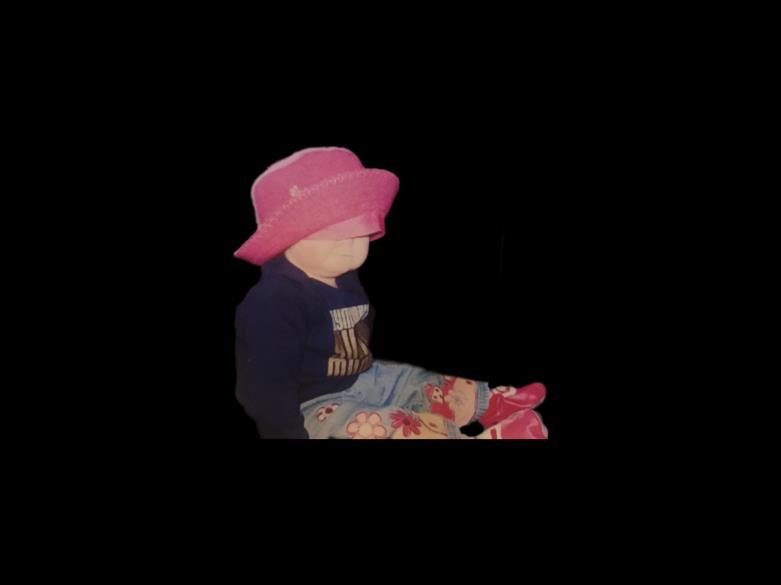
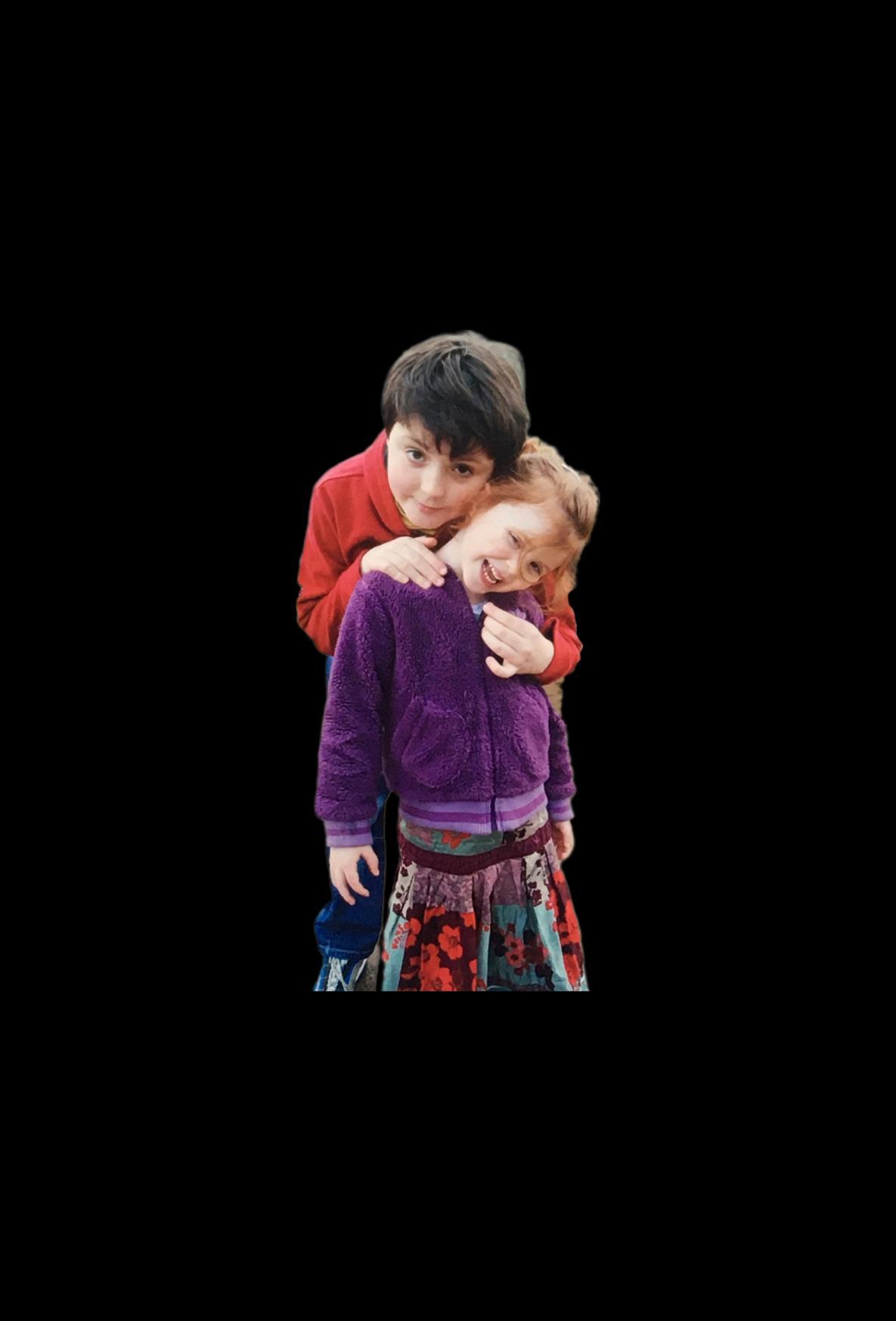
So, I hope this mindset will help me ignore the surveyor even when he continues to survey. I can give up on trying to expand my field of vision to include myself. I will never be aware of what I look like all the time. Am I even remotely aware of what everyone else looks like all the time? I believe my impressions of others are far more abstract than that. And that abstractness is countless times more powerful and beautiful than any single image, or 5 lost
Our experience is beyond
19
i read somewhere that you have to do things that will make your mother cry
i’ve seen my mother cry only five times almost always to grieve grieving a friend grieving a sister grieving her mother grieving herself but once she cried because i was crying i cried enough to flood my childhood bedroom a bedroom that no longer belongs to me in a home that is no longer mine


she bathed me in verses of the Qur’an like her five daily ablutions she washed my back and said, “you will be okay”
i’ve not known this care from her before nor since then
maybe i should make my mother cry more often
Anonymous 20
MaMA

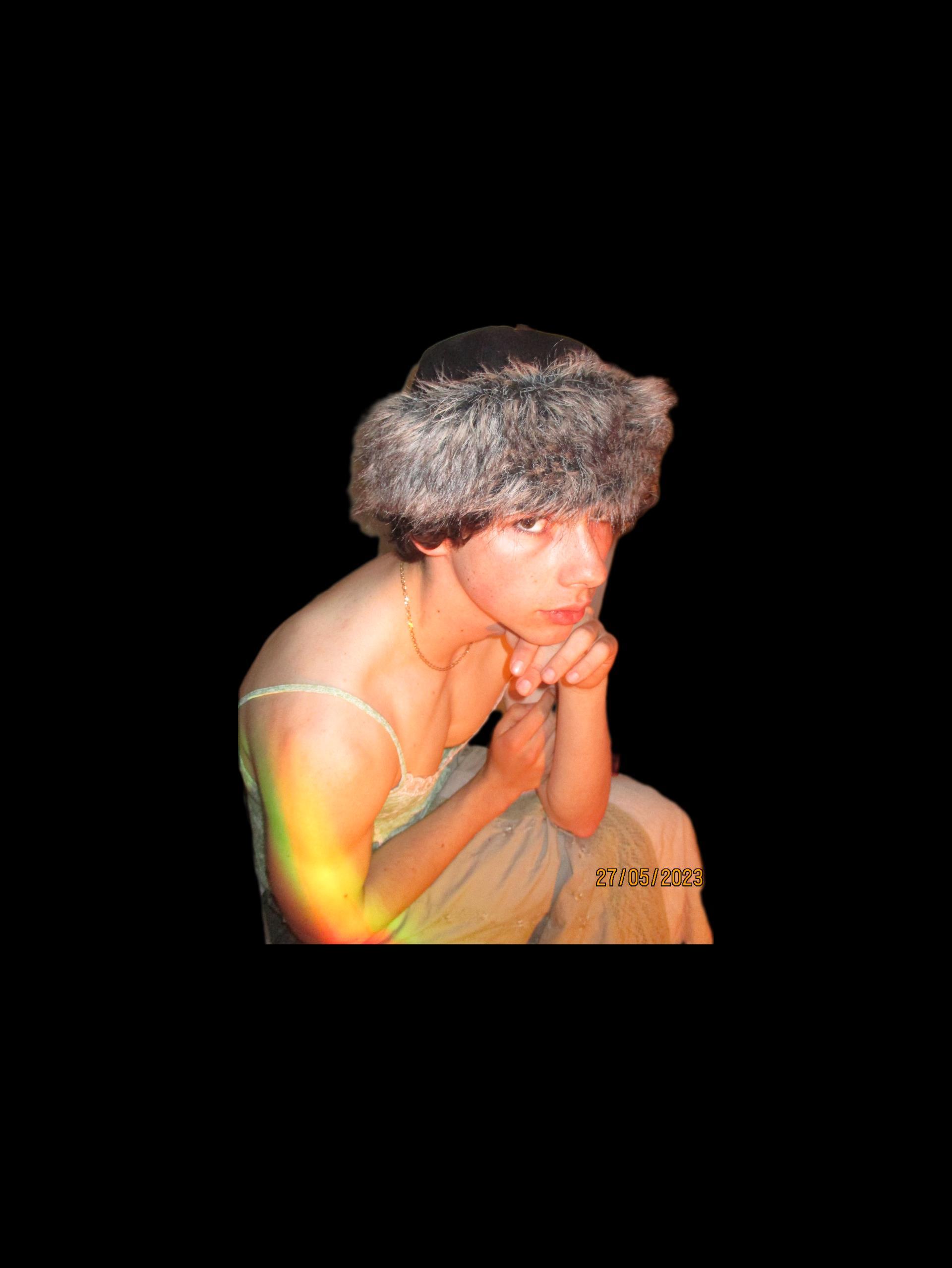
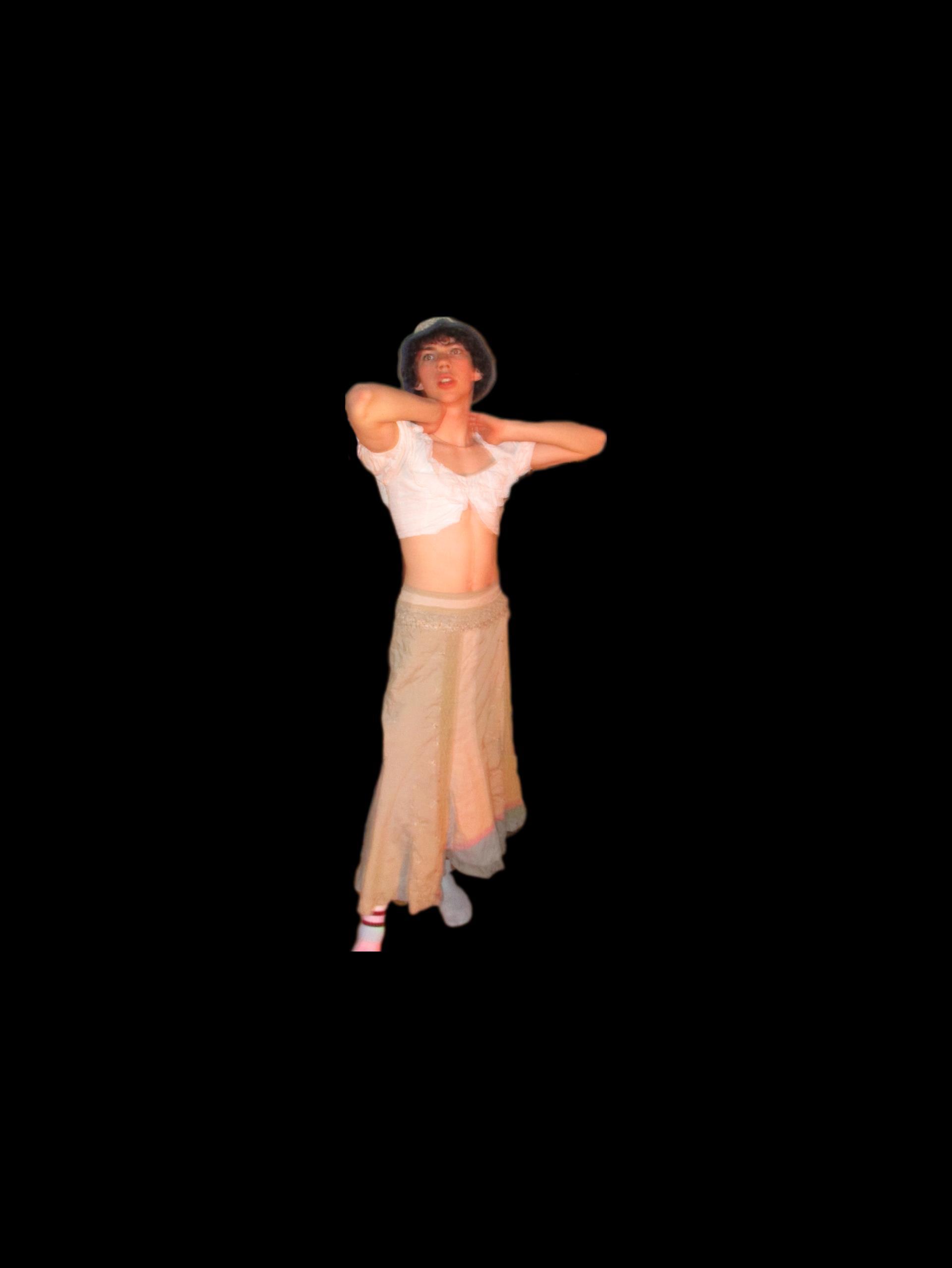
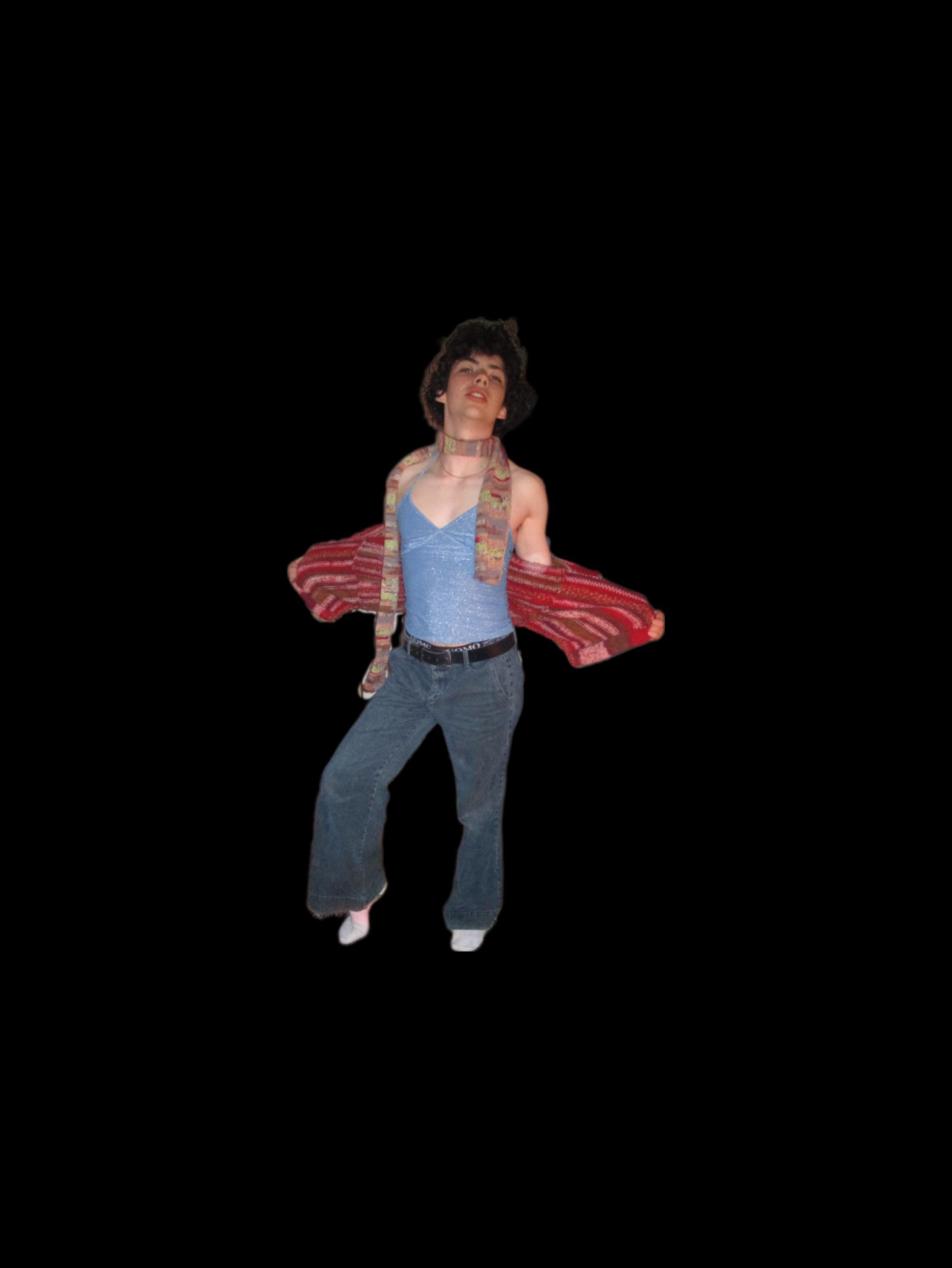
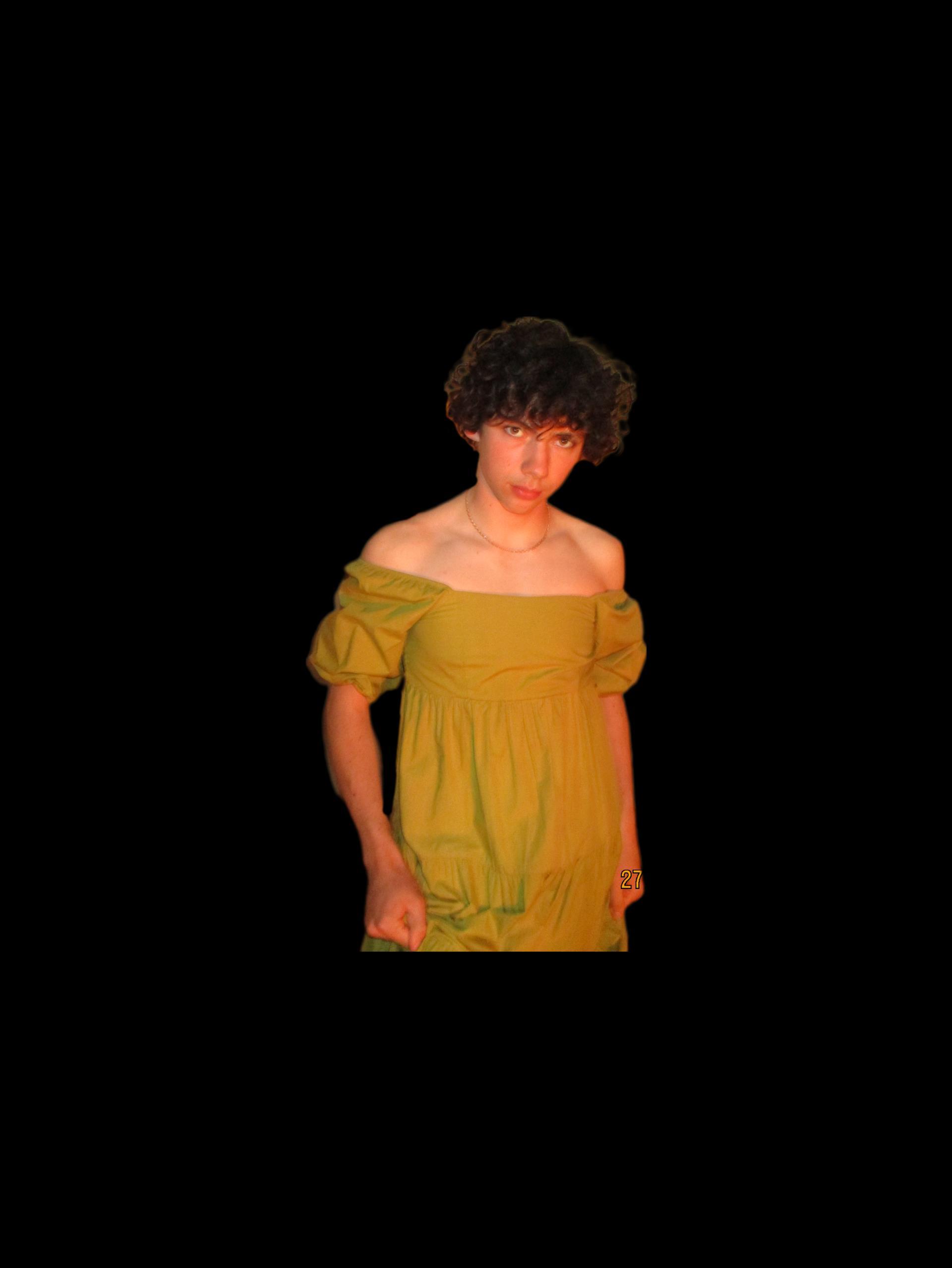
friend Louis and
pretty.
my clothes!
Baber 21
My
feels very
wears
Madeleine
Both sides
This year we commemorate both sides: the ones who told us we should hear both sides and the others, who were murdered.
Police and boyfriends did away with them, their loves looked garish and disposable, popped up and vanished with a swipe, but those were human bodies, and they bled.
And some of them died defending their friends and some them, maybe, died pleading and some of them died at a loved one's hands and none of them died for a reason except the reason for their being alive except the reason each one, once, discovered and dredged up, shining, gory, from their hearts and, terrified, offered to us.
So this year we commemorate both sides: the ones who held the gun and the ones who held their hands up open as they'd always been.
The Right went mad with hatred. The TERFs grew more deranged. The Press continued lying. The States passed toiler bans. The Public went on ignorant, told that they'd heard both sides. There was still no healthcare. They went on through it all. (What else were they to do??) They kept on, bravely, living till living was a protest and not all of them were perfect but none of them deserved this.

22
And all of them were who they were and each of them did their best and each of them must have paused before they stepped out that final time, or one not long before, checked in the mirror and on their phone, not ready, but, knowing what they were facing left the house anyway, took a deep breath and gave it all they had.
This year we commemorate both sides the ones below the water, panicking, and the ones who held them under.
I say these words, but I can't speak for them. I name them, but it wasn't me who died. Most didn't have my armour of white skin from which police-men's glances ricochet but kept, between themselves, vast dignity which I can only gesture at and admire. Most were trans women and so shared the bravest, sweetest, vulnerability this scornful world can offer; flinched through the street abuse, the online hatred, and told each other it would be OK and knew it might not be and told each other anyway.
None of them had to die and none expected they would die just then; they thought they's be the ones remembering now and all had this in common: they didn't take this stupid world as given; they didn't daydream through their days but lived them fiercely, wonderingly, well.
This year we commemorate both sides since its quite true that both sides hold the knife: one in their fist, the other in their body.
Anonymous
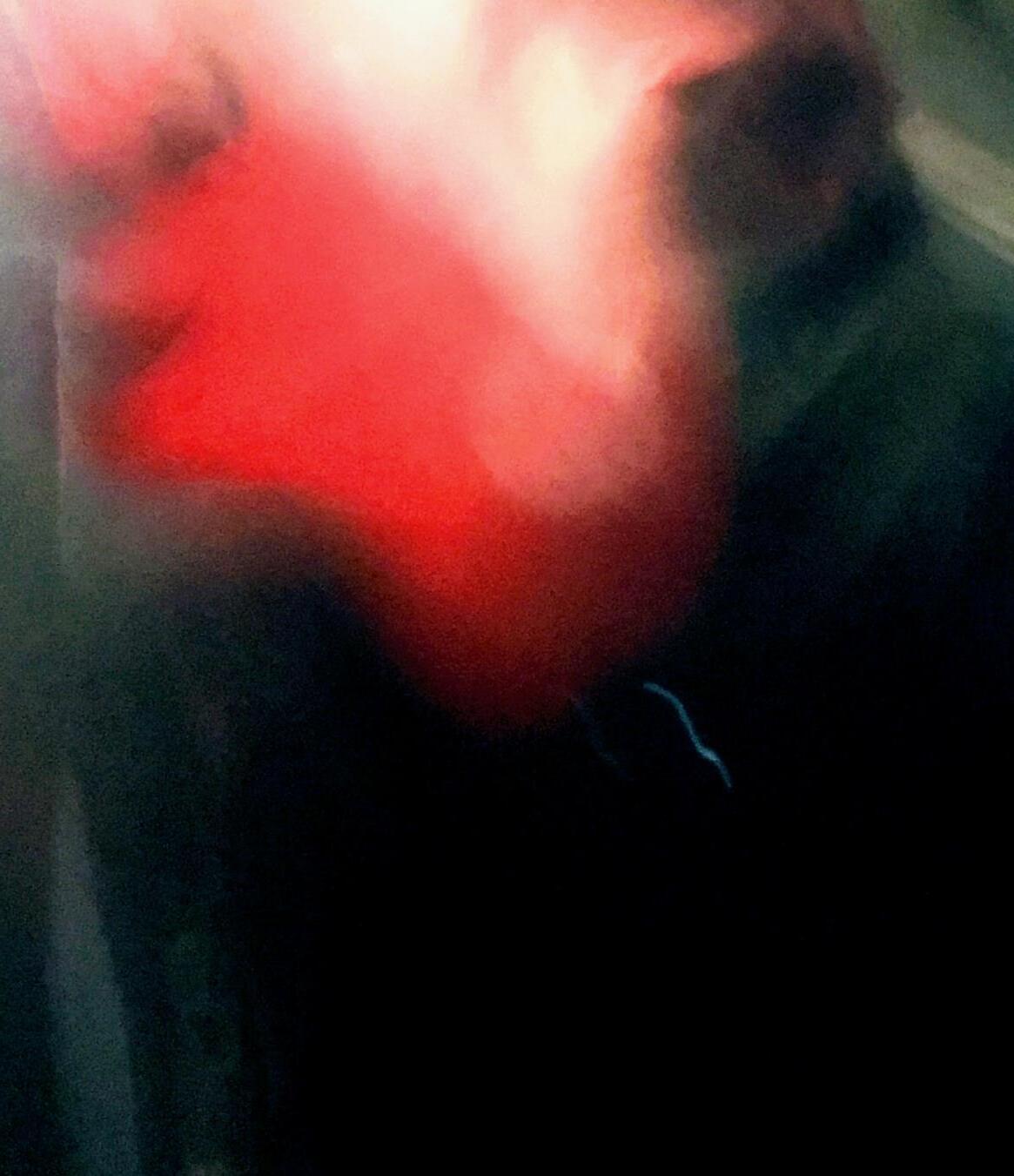
But all the murdered ones had this in common: that each had had a day however young, or old, when life had handed them a burning gift and they felt their fingers blistering around it (in fact they felt their fingers for the first time) and tried to tell themselves it wasn't real but couldn't put it down, and couldn't held it, despite the hate, despite what they were told, however hard some tried to smother it, laughing, burning, maybe horrified, until their home and all their life caught fire with dangerous love, and then, their bodies blazing, they admitted to themselves, so very quietly, that fire existed and tried to share it with us since, after all, they had to leave the house one day, and dare the terrifying streets and why not leave it dancing?
So this year we commemorate both sides: the ones who - briefly – lived and the ones who killed them.
So they went outside shell shocked and scared and luminous with joy knowing that this was real knowing that this was it knowing how wrong they looked knowing all the danger knowing it wasn't long till the authorities came knowing they had no choice knowing who they were knowing who we all are in this hopeless world knowing the end might come soon, but at last alive for this one day and counting, they lived and were murdered for it. What else could they have done?
23
Sometimes I resent how emotional I get talking about women's issues. When men get under my skin so it burns bright red and I feel myself speak even faster as I get defensive and snap sharply at their retorts. I'm scared to show how much I care, how deeply I'm hurt. I don't want to give them the privilege of watching me squirm so they can sit back comfortably, assuming the high ground, because they remained calm and composed. I feel so ashamed of how deeply I care about my womanhood.

But why.
Why am I so scared of my feelings. Because aged 13, the boys would tease us asking 'were we feminists?', mocking us for caring about our very lives. Because we were taught to be embarrassed. I am completely justified in being emotional. I should be more than emotional and I am. I am irate, completely inconsolable about my condition.
I have held my friends hands as they cried about their abuse and held them to sleep after being raped and assaulted. I’ve felt that pain and endured it too. I've experienced what it is to be a woman in the most degrading ways.
Generations of women in my family have been taught (and forced) to conform to societal pressures. And I'm next. I've been groomed from the day I was labelled a girl.
I'm not even next, they've already got me.
So of course I'm angry and obviously I'm upset. I loath the men that get to sit back and get the privilege to be apathetic and calm about my condition. How dare you shame me for caring. Construct a narrative where I become irrational for understanding what misogyny means for my life. Anonymous

24


25
Madeleine Baber
Writing on the liberal state.
As a woman I cannot have faith in the fundamentals of liberal democracy. By refusing to intervene in the private sphere in the name of liberalism's champion- "individual liberty"-, the state leaves women and girls vulnerable to unregulated domestic violence, with intervention in this sphere seen as an affront to individual civic freedoms. On a wider level this facilitates and normalises an omnipresence of violence against women and girls.
In such a light it is evident that this much championed concept of ‚"individual liberty" is itself not a gender neutral one but one centred around a male scale where the "measure of maleness" is the objective measure itself and thus women as actors are seen through the lens of male political agency. In other words, the political conception of women itself is one seen through the male gaze.
Furthermore, the formal political equality of women achieved under this system via universal suffrage is by no means the end of the road of the path of gender equality, as political equivalence doesn't correspond to a social equality, where calling people equal does not inherently make them so. Gender, self-evidently, is not a personal characteristic: it is "a negotiation, a production and a performance", framed within a wider set of cultural expectations [R. Saunders]. Thus, by failing to acknowledge that gender is a social-power hierarchy this system of governance doesn't resolve the patriarchal social hierarchy as it views the relational implications from gender as beyond the political sphere in which the liberal state extends itself into. Far from removing the gendered system of power, the liberal state accordingly preserves male power, whilst denying it's culpability for having done sothrough its claim to political equality. Such a model of the state has all too far to go to end gender discrimination. Perhaps recognising this is one such step towards an advancement.
 Jasmine Heddle Bacon
Jasmine Heddle Bacon
Faith in a liberal democracy as a woman. 26

27
Lauren Debruin
While the most prominent scriptural Reformation figures over the course of the Henrician Reformation encompass the figures of More, Foxe, Fisher and Erasmus, this definition is perhaps best fulfilled by two, less prominent, Protestant female writers. Presenting their religious ideology through a literary means, Anne Askew, a martyred heretic, and the final wife of Henry, Katherine Parr, provide new proposals for Protestant devotion.
A series of Examinations published by the former, details the retaliation Askew pursued in the face of Catholic English authority, through her own authoritative vessel of studying ecclesiastical scripture. Parr’s Lamentations of a Synner takes the format of a confessionary text, a revolutionary means of portraying a private relationship with God, thus denouncing the necessity to confess through a Catholic Priest.
Both women can be said to defy the expectations of sixteenth century culture, with Askew being condemned as a heretic, and the highly profiled figure of Parr becoming the first woman in England to use her name in publishing. Both are able to help establish a Protestant literary tradition, under the contextual religious fluctuations of Henry VIII. In light of new religious jurisdiction, civil opinion became one of extreme government instability. Religious fragmentation became prevalent, and the creation of radical factionalism sparked public fear of upheaval. The spiritual transfigurations of both Parr and Askew reflect a shift in England’s belief system, making their works crucial in assessing the development of Protestant England.
The Protestant cause found its most effective expression in personal testament. The sacrament of confession is emphasised as a cathartic, necessary action in which every moral individual should engage. The Lamentation of a Synner is exhaustingly confessional, an original narrative depicting Parr’s personal experience with religious conversion. She is able to ‘construct her devotional texts within this privatised framework, and in doing so, she provides- and becomes- a model for religious change’. The text is often viewed as a self-deprecating narrative, in which Parr repeatedly confesses to her own ‘wickedness’, ‘blindness’, and justified ‘condemnation’. This intimate piece was published specifically for the ‘most gentle and Christian reader’, with a prefatory letter by William Cecil outlining Parr’s theological intention. There is an argument to be raised regarding this, as Parr’s mode of transmission is prefaced by a male introduction. Both women, although having to integrate within a ‘literary patriarchy’, utilise this to gain precedence and influence in creating new Protestant tradition.

Religion was typically seen as a constraining factor for early modern female authorship. Excluded from many aspects of the religious sphere, intricate study and ecclesiastical detail was mostly left to the male counterpart.

28
However, it is possible to view religion, and in particular this era of Renaissance progression, as a factor empowering, as opposed to hindering, female writers.
As an emphasis on humanities and classical education approached England, traditional means of conservatism and social order began to weaken, in particular with the introduction of Renaissance humanism. Although this began tentatively push the boundaries of social mobility and gender expectation, to suggest that Parr and Askew remained central to the development of Protestant literary tradition is to dismiss two major factors: their necessary reliance, in particular Askew, on male scholars to receive and revive their pieces, and to assume that Protestant tradition remained singular, dismissing its fragmentation and factionalism. It is important to consider the divisions even among the authors themselves: while Parr intercepts aspects of Catholic doctrine to her works, Askew was undeniably a radical Protestant, belonging to an extreme faction of anabaptists.
It is difficult to perceive how the core of a literary movement could be a minority so frequently overlooked in early modern England: female writers, but it is this minority who’s retaliation becomes all the more significant, in particular, Anne’s honesty not only to the readership, but the English authorities: ‘I confessed, that I sayd no lesse’. Similarly, Parr’s religious conversion does not simply entail her current faithfulness, but her previous blasphemy: ‘Christ was to me foolishness…I have passed so many years not regarding that divine book’. This is easily perceived as far shift from the standard narrative of women writers, operating under the strict moral obligations of English culture. As opposed to embracing the character of a virtuous, obedient, Christian women, both women stray from convention: Parr by delving into intimate honesty about her previous rebellion, Askew by accepting and embracing her stance as a religious heretic. ‘We often speak of women’s works as celebrated, rather than influential’, but by presenting convincing examinations of Protestant doctrine, both women earn a justifiable place in the latter category. Their ideological views, particularly surrounding transubstantiation and church service, are replicated in legal doctrine as early as Edward VI’s Regency Council.
Although received through a male narrative, the intertextual approach of Askew’s Examinations acknowledges the female voice, as opposed to discarding and discrediting it. She is clearly constructed as a religious and influential woman by Bale, and subsequently the English readership perceive her as this, informing the reception of her work to be substantial. Parr becomes a figurehead of conversion through Lamentations, aiming to enunciate a communal Christian response to her religious ideology. Overall, both Parr and Askew are at the core of literary means of religious reformation, with their works subliminally including elements of the most popularly celebrated works of Protestant tradition. Although their status as women may have hindered their immediate influence, their role in the development of a Protestant reformation deserves to be viewed as both central, and momentous.

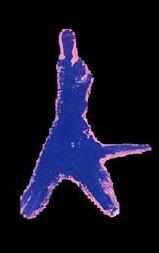
29
Lucy Robinson-Vann

30
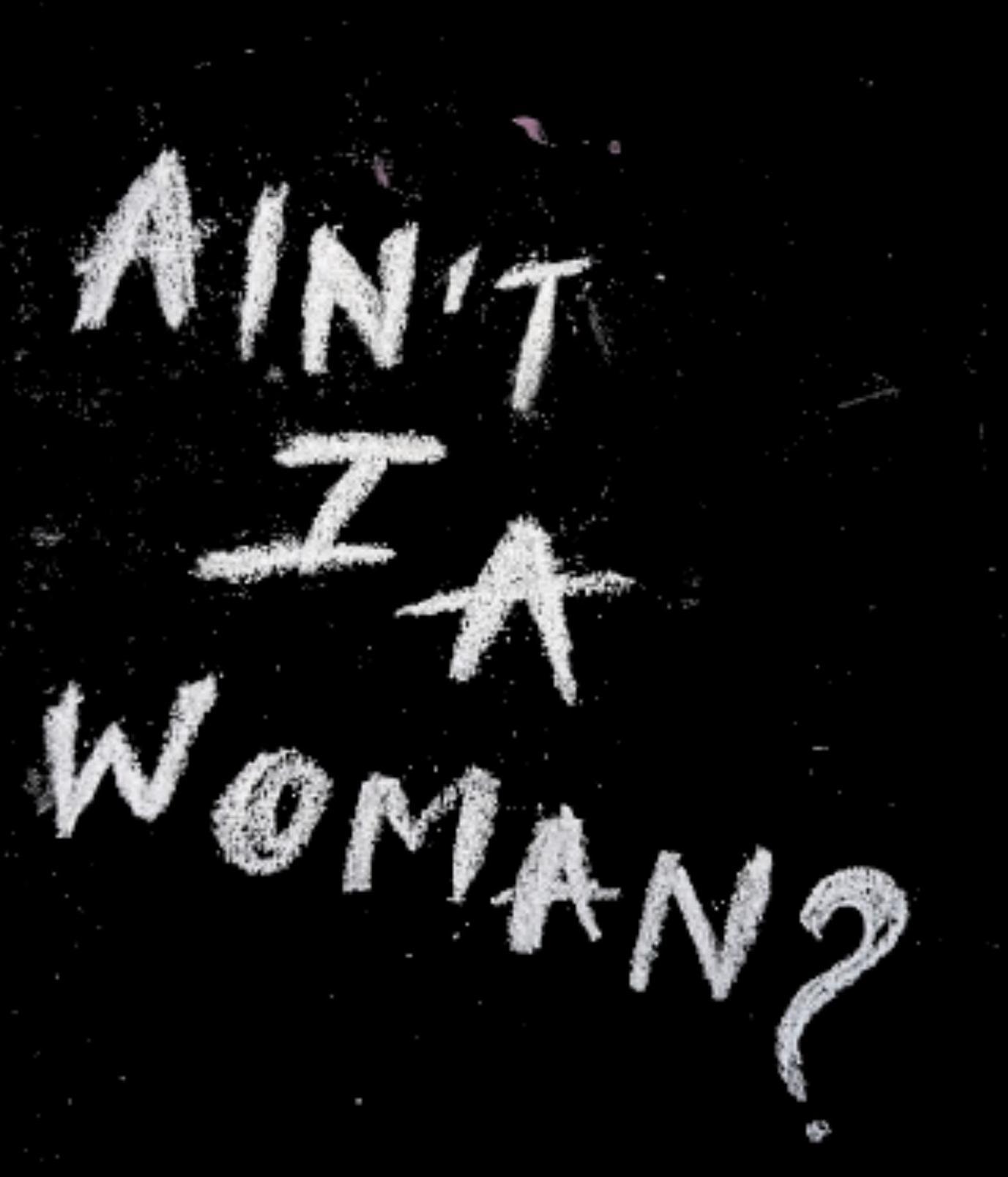
There is, for me, no difference between writing a good poem and moving into sunlight against the body of a woman I love.
-Audre Lorde
31
Katiann Barros Rocha
Reclaim the Night Vigil
I really didn’t know what I wanted to say at the vigil today. I knew I wanted to say something beautiful and hopeful, maybe even inspiring but in truth I’m just feeling tired and all that feels a bit beyond me at the moment. At last year’s vigil I shared from Lola Olufemi’s Feminism Interrupted and Cradle Community’s Brick by Brick. I talked about abolitionist feminism and the promise held in imagining better, more caring and sustaining futures for ourselves, plus the necessity of centring such collective imagining for better worlds in our struggles and our organizing. I still believe that but I’m tired. I’m so fucking tired. This year, for an assortment of reasons, I’m feeling wearier than I was last year - the imagination and that beautiful horizon feels so far away from where we are now.

I worried about bringing this here, as the women’s officer I almost always feel like I’m not allowed to be tired because there’s always so much work to do - so much more I’m supposed to be doing. But this is a vigil for a reason, and I think it’s important to make space for weariness, for burnout, for anger, for mourning, for tears. Last year I kinda skipped over these messier emotions to cling to hope and the power of the imagination but, given everything that we’ve experienced tonight (an invasion of the protest) and in the past 12 months, I think we owe it to ourselves to take a pause, to catch our breath, to shed a tear, to be angry. I want to stare the violence we’re facing everyday right in the face, and I want to cry without strategy, without action plans, without organization. So, I’m going to ask us to take a minute and it doesn’t have to be silent.
*minute pause*
I thought about Sarah Everard first - it was 2 years yesterday that the metropolitan police turned up in riot gear to her vigil in London, arresting and forcibly removing attendees. I thought about how even this right here - this act of mourning is itself a privilege. I thought about the subsequent ‘know your rights’ - ‘resist unlawful stops, searches and arrests’ discourse and how hollow it rang for women of colour, unhoused people and sex workers. Then I thought about Chris Kaba, about the child he didn’t get to meet before the met police put a bullet in the back of his head.
32
I thought next about Brianna and what we’re meant to do in a country with a media scape more interested in deadnaming her than finally engaging in the reparative, transformational justice she deserves. I thought about the vigil trans liberation Cambridge held on Parker's piece, about heavy boots on wet grass and how our final chant ‘no justice no peace’ reverberated like a war cry. Then I thought about the asylum seekers in Merseyside hotel, how afraid they must have been as they were surrounded by hundreds of fascists and neo-Nazis. I thought about the young black girl called out of classes and strip-searched by the met. I thought about the other black girl attacked alone outside her school by other white school-children whilst all the white parents watched and filmed. I thought about David Carrick’s survivors and how his co-workers covered for him - protecting him all 8 times the warning bells were sounded. I even thought about fucking Gary Lineker and the violence of the fascism this government is pushing into. I thought about all of this, and I thought about how insufficient 1 minute is.
I want to say now that no one is coming to save us - no government, no political partywe have to save each other, we have to save ourselves. No one is going to mourn us - no government, no political party - we have to mourn each other, we have to mourn ourselves.

I want to return to Cradle Community’s Brick by Brick - their very last chapter on Joy and Healing pg 205:
“The loneliness of grief often feels overwhelming, but having space to feel our way through these moments collectively paves the way for our joy. How do you grieve? What would it look like to grieve with others?”
We have mourned so much, even if we just measure that short minute, and tomorrow there will likely be even more to mourn. But - and to be honest this is mostly a note to myself - we must take the time to feel it. Even if only so that we continue to imagine. “We cannot sustain ourselves or each other if we are completely burned out or so close to the edge that we have no space for compassion. Protecting our communities from the pain and suffering inflicted on us by the state means that we must treat each other with the kindness and care that we all deserve” we must mourn.
Grief is, of course, an essential construction material for that beautiful horizon.
33
Eseosa Akojie
5pm on a Friday, The lads’ group chat starts blowing up, ‘Pub, pints, and then hit the club?’, I’ve been looking forward to this all week.
Get to the pub at 7, Couple of my mates are already there, First round gets bought, The night starts now.
One of my mates keeps going off to the toilet, Absolutely classic from him, Face is gurning while we’re having a fag, He’s not gonna make it to the club.
Couple hours of later we get there, Bouncer chucks my mate out of the queue, No surprises at all cos’ he was picking fights, Bouncer’s a class bloke though so he lets the rest of us in.
The music is blaring, DnB rollers all night, Move on from the beers to the spirits, And the girls are looking fit.
A little dance here and there, My mate’s got lucky and is necking off with some bird, I look around to try and score myself, But I’m starting to feel a little queasy from the booze.
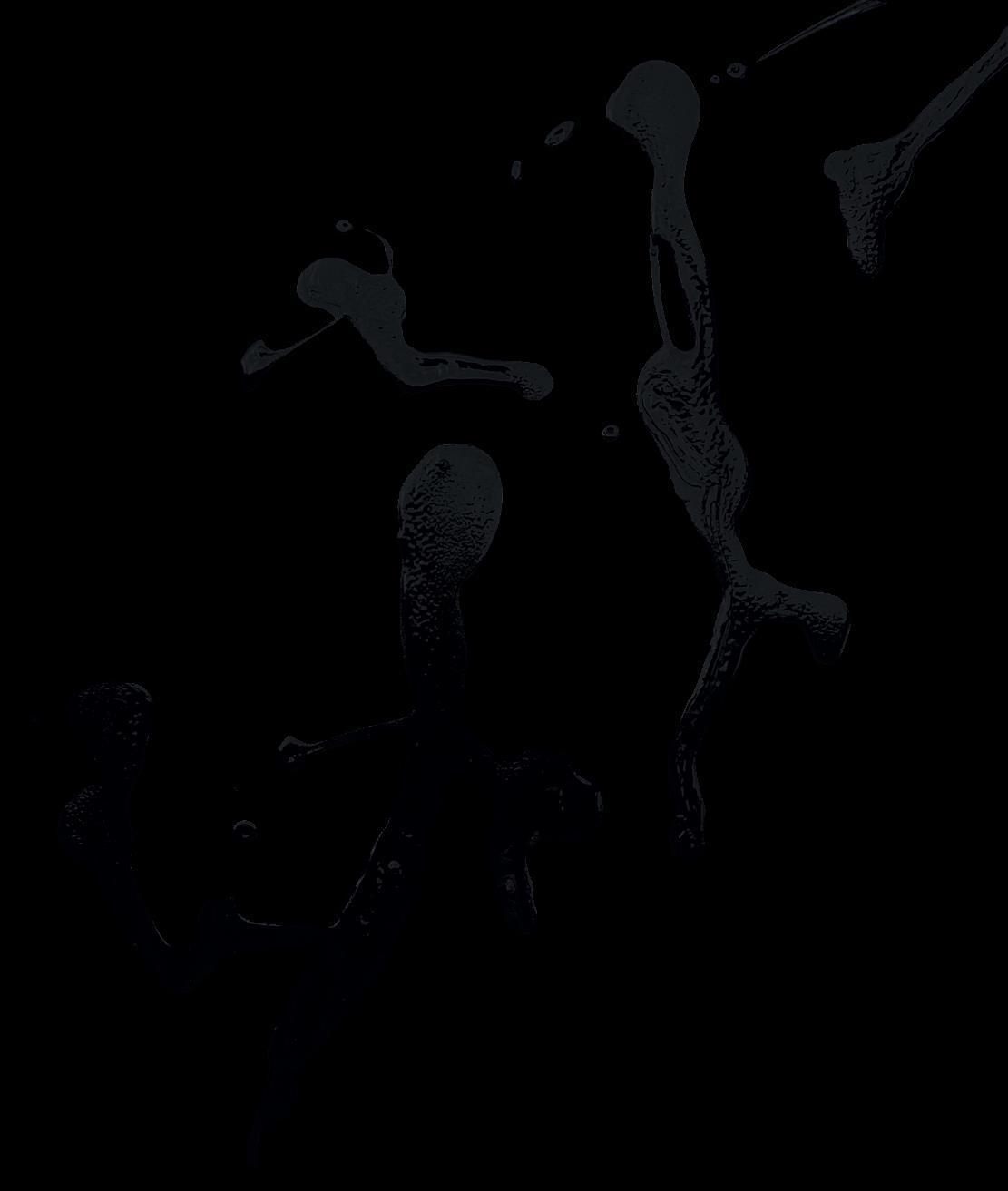
A little while later I’m out having another fag, Cos’ booze gets me smoking like a chimney, I spot my mate following that girl from earlier. She looks pissed as shit.
She sits over with her mates, Starts chunning on the floor, He walks on over and tells her mates to back off, He’s gonna sort her out himself.
Max
34 5pm on a Friday
Can’t remember the rest of the night, Kebab, cab, and a chun when I get home are fragments I can see, Got work in a couple of hours, But I’m hungover as shit.
I look over at my phone, And my head is splitting, I’ve got a text from my cousin, She was at the club last night too.
Her friend was raped last night.
That is absolutely fucked, I can’t believe how some men are, On a night out just to get laid, And they won’t take no for an answer.
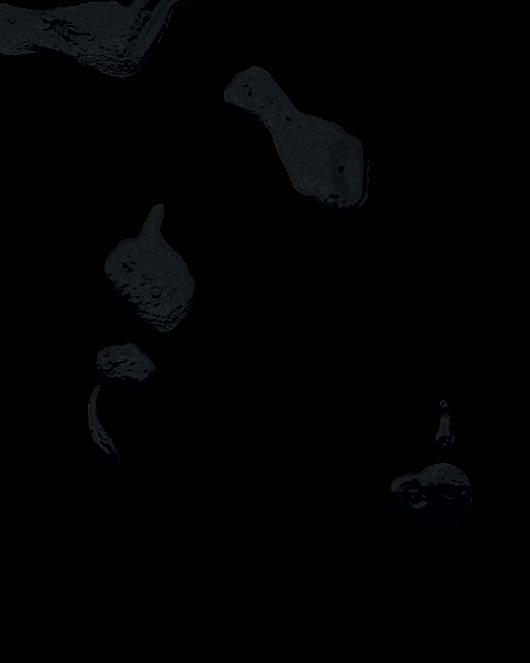
Lads group chat starts blowing up again, I definitely fancy round two tonight, I look down but the lads aren’t talking about the pub tonight. The lad who got lucky last night is fuming.
‘I’m getting accused of rape for some reason, She wanted it, she was just begging for it, This is just what they bloody do, Have a shag, regret it, and then want to get some attention or money out of it’.
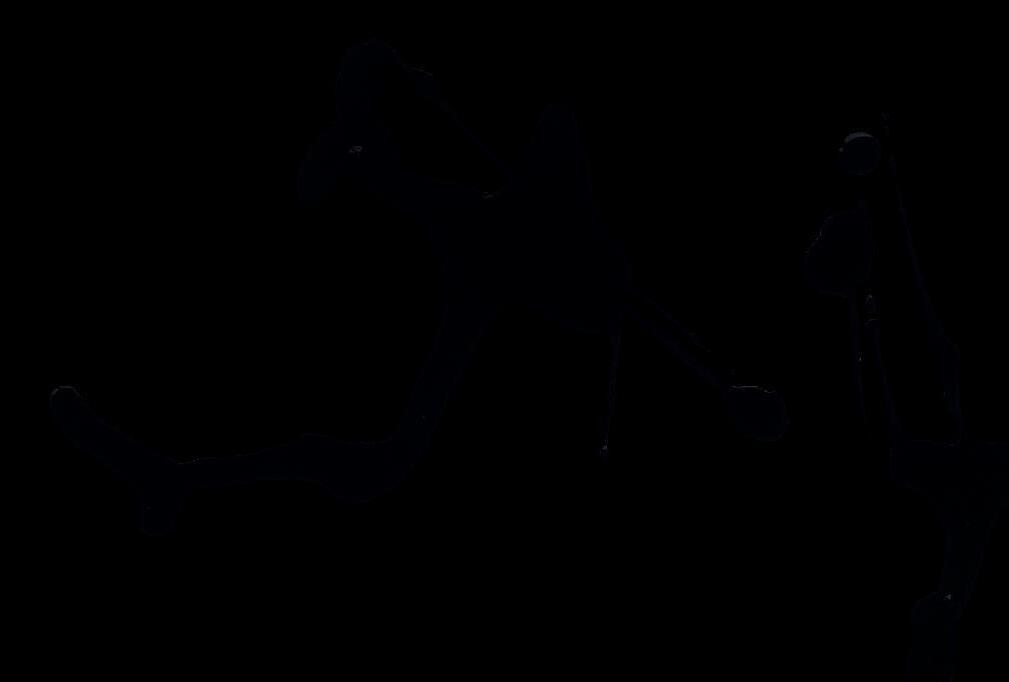
My mate wouldn’t do that to someone, He was probably just drunk, Everyone makes mistakes, And she probably did want it.
I back him up on the group chat, I try and console my cousin as well, I do the exact same thing, When the police come knocking,
Cos’ he’s my mate
35
Taylor Swift and Matty Healy
Maybe you’re like me and you’ve been reading the Daily Mail. The big news is that Taylor Swift is now dating Matty Healy after earlier this year her 6year relationship with Joe Alwyn ended. A lot of media portrays Matty Healy as a ‘bad boy’. He’s a recovering addict who’s enjoyed being provocative on social media and on stage. Joe Alwyn seems positively angelic in comparison. Maybe you’re like me and you’ve been listening to Deborah FrancisWhite’s podcast, ‘The Guilty Feminist’. Well, here’s my guilty feminist confession: I’m a feminist but I’ve been really judging Taylor Swift, I’ve lost respect for her, and I haven’t been listening to her music as much. I’m really angry that as women we are taught to be so critical of ourselves that we end up hating the parts of ourselves that aren’t deemed good enough. And I’m angry that we judge other women in the same vein. I’m angry that I’ve felt judged for the people I’ve dated, and I’m even more angry that there have been times where this has cost me my self-respect.

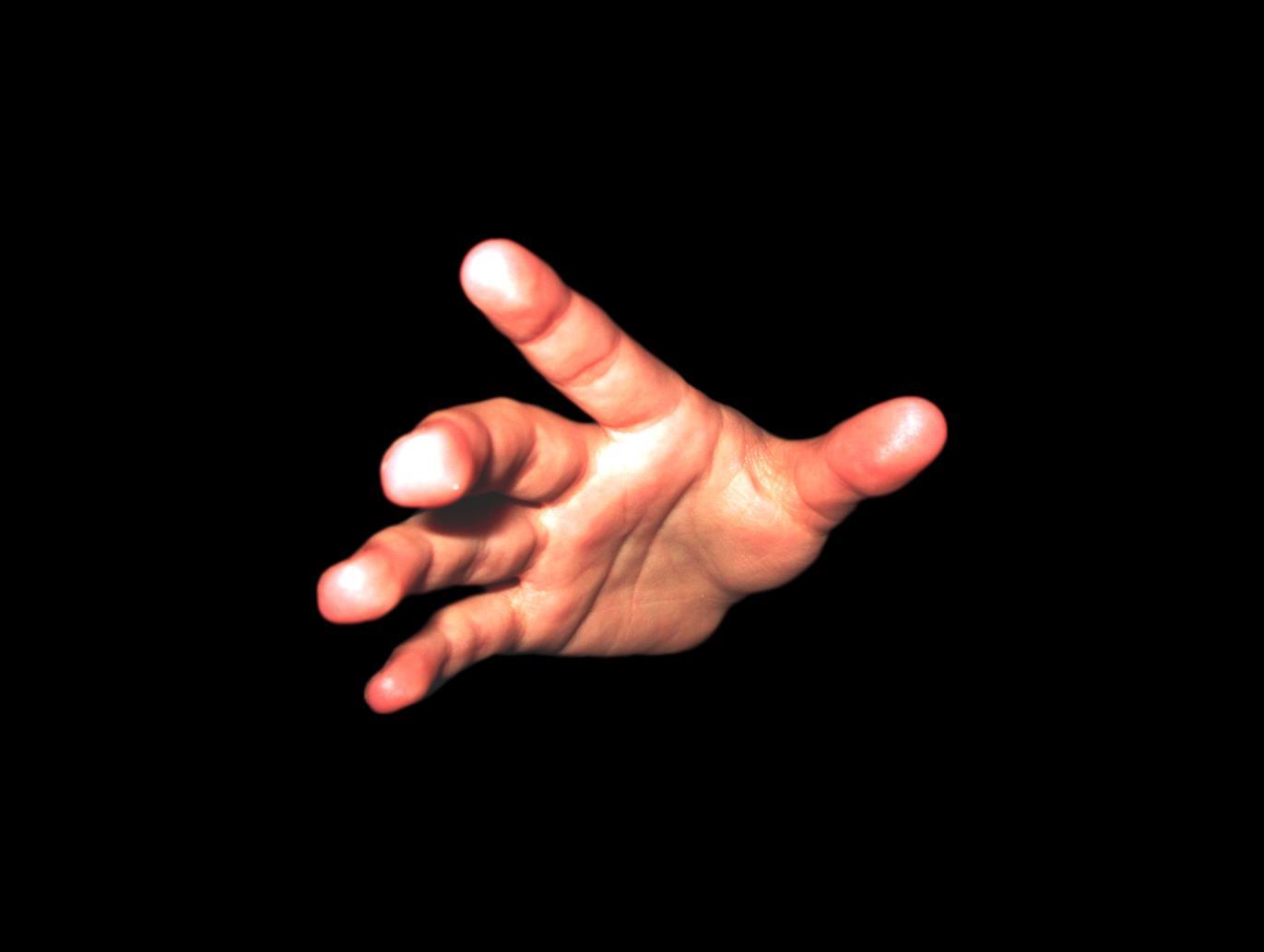
Sometimes I feel really disgusted by the thought of listening to Taylor Swift. I’d rather listen to something my ex wouldn’t tease me for. I don’t want to be teased; I want to be strong. Behaving like a man can be really tempting. A man whose overconfidence is attractive. Whose self-worth is judged separately from his sexual partners. A man who laughs at feminine rage – why are women so emotional?!
I think about Taylor Swift dating John Mayer when she was just 19 and he was 32, and I think that she should have known better – it was stupid of her to believe him when he told her what she wanted to hear. What I really mean is that I feel humiliated for believing an older guy who told me what I wanted to hear.
I hate this feeling because it’s a horrible thing to hate yourself and a horrible thing to hate other women.
36
I think about Taylor Swift dating John Mayer when she was just 19 and he was 32, and I think that she should have known better – it was stupid of her to believe him when he told her what she wanted to hear. What I really mean is that I feel humiliated for believing an older guy who told me what I wanted to hear.
I hate this feeling because it’s a horrible thing to hate yourself and a horrible thing to hate other women.
If I were a man, I might observe all this hypocrisy as a spectator who’s vaguely interested and writes something he considers an aesthetic masterpiece. With complete apathy, he can write an awesomely clever poem about rape. But the object of the poem isn’t the rape victim, it’s him the author. Because he’s well chuffed at his woke poem, he’s such a feminist!
But I’m not a fucking man. And so, I insist that we fight hatred. To love is difficult, but I will love myself, I will love Taylor Swift, and I will love women. I will love defiantly, because to hate is to bow down to insecurity. Feminism isn’t about intellectual observations or the romanticization of women’s pain. Feminism is about loving each other and implementing change.

“There is a time for everything, …
a time to love and a time to hate, a time for war and a time for peace.”

Katie
37
Emilia Pardo Bazán was a Spanish countess from Galicia, whose short stories deconstruct the stereotypes forced upon women in 19th century Spain, based on perceived differences between the sexes, whilst exploring the extent to which these stereotypes were confining for them.
Bazán’s preference for the short story between 1890 and 1920 coincided with the increasing intensity of the British and US feminist movements, a reason for her stories overtly engaging with the feminist cause. As Robyn R. Warhol argues, fiction writing was a safer arena for women to address a large audience, due to the difficulty of finding a space ‘she could occupy without the humiliation of transforming herself into a thing in the shape of a woman… her only option was to write’.
However, to avoid being essentialist, Bazán’s treatment of her fictional women and the degree of autonomy they are afforded, varies, based on their socioeconomic status. El indulto ‘the pardon’ (1883) reflects that the powerlessness faced by the female protagonists is often exacerbated by their financial situation, leading to a further dependence on the male figures in their life. Therefore, can it be argued that ‘no matter their place in society’ Pardo Bazán’s women are all subjugated by men. On the other hand, the extent to which higher-class women are exempt from this subjugation, due to their personal autonomy, is also an interesting element of exploration in this body of work.


This essay will examine the forms of oppression that are commonly represented in Pardo Bazán short stories: female confinement to the domestic sphere, violence against women, and the commodification of women through the institution of marriage. Pardo Bazán stories El indulto, Las medias rojas, and Un encaje roto ‘the broken lace’ (1897) provide the ideal lens for this examination.

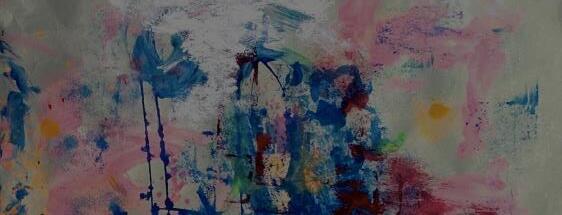
38
I
n 19th century Spain there was a clear distinction between the public and the private sphere, the public being that of paid work, politics and the market – the domain of a man, and the private being that of domestic work, home and family –that of a woman. The rise of the feminist movement in England and the United States and the proposal of women’s suffrage set off alarms loudly and clearly in the minds of those who upheld traditional Spanish values. Granting of political rights to women would break down this boundary between the public and the private.
The paragon for the Victorian woman was to be ‘el angel del hogar’ (‘the domestic angel’). Patmore’s Angel in the House perpetuated the belief that in sacrificing personal liberties and aspirations for domestic confinement, she would be elevated to angelic status. These ideals were disseminated in Spanish magazines of the same name.
The story El indulto examines the archetypal ‘ángel del hogar’ concept with a critical lens. The protagonist, a lower-class washerwoman, is ‘faithful, longsuffering and self-abnegating’ and arguably fulfils the concept of a domestic angel. However, in this story her angelic patience is not rewarded as promised, in fact her lack of liberty is dooming and means she suffers a horrific fate. Her husband is pardoned for his crimes, moves back into her home to terrorise her until the neigbours ‘econtraron a Antonia en la cama, extendida, como muerta’ (‘they find Antonia in her room, layed out, as though dead’) and she dies without any sign of injury. This ambiguity gives empowers the reader to read beyond the ending, while also removing this same autonomy from Antonia; it is the external reader who gets to decide her fate, there is no official cause of her death.
For Pardo Bazán herself, marriage was a terrible sacrament, she viewed it as a matter of finance instead of focusing on the religious or familial aspects. El Encaje roto offers a slight subversion of this constant theme of marriage as a suffocating, torture device. Micaelita escapes its confines by uttering ‘un no claro y enérgico’ (‘a clear and energetic no’). This power to decline was not usually afforded to women, reflecting Micaelita’s autonomy and decisive ability to govern her own life, the ‘no’ is not ambiguous but conclusive. However, would lower class women be afforded this same privilege to decline their groom; is it Micaelita’s personal autonomy or economic status that allows her to say no?
39
A final aspect explored in the stories of Pardo Bazán is violence against women, as a mechanism of the maintenance of patriarchal control. El indulto reflects the hold of terror that one man could have over the activity of a community of women. His abuse leads to the formation of a matriarchal society revolving around the protection of Antonia, exemplified by all the washerwomen taking turns sleeping in her house and advising her. There is a clear distinction between formal legal, protection and informal, communal protection from her husband’s abuse. Interestingly, throughout the story the culpability does not fall on the individual abusive husband, who is hardly described, but the laws that allow this abuse to happen. Since sorority and the communal support of the other women is limited, only legal protection would end Antonia’s abuse, which in 19th century Spain, did not extend to women.
In conclusion, the stories of Emilia Pardo Bazán offer a nuanced insight into female subjugation under patriarchal values. Despite some of her protagonists being afforded slightly more autonomy than others, no woman could ever reach equal status to a man, she was always confined to the private sphere, no matter her social class. In the stories that depict women attempting to enter the public sphere, they suffer serious repercussions while the women that do represent the stereotypical ideal of ‘el ángel del hogar’ such as Antonia in El indulto, still suffer at the hands of men. This demonstrates pervasive, patriarchal power and its misuse to abuse women. Pardo Bazán, through the medium of short stories, effectively considers the female condition of the 19th century Spanish woman and the effects of a patriarchal society on women of all classes.

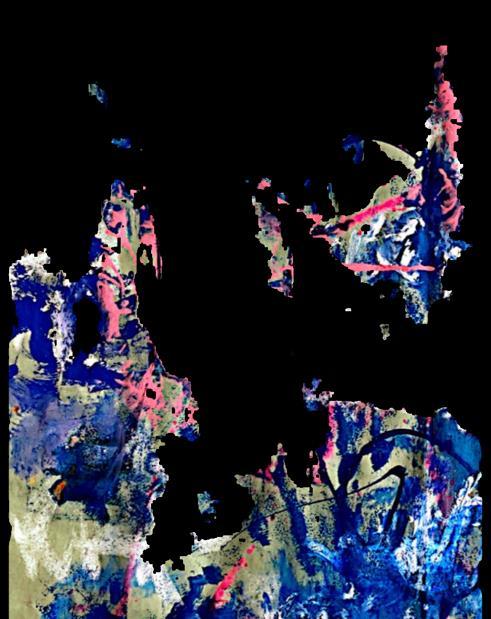

40
Katerina Long
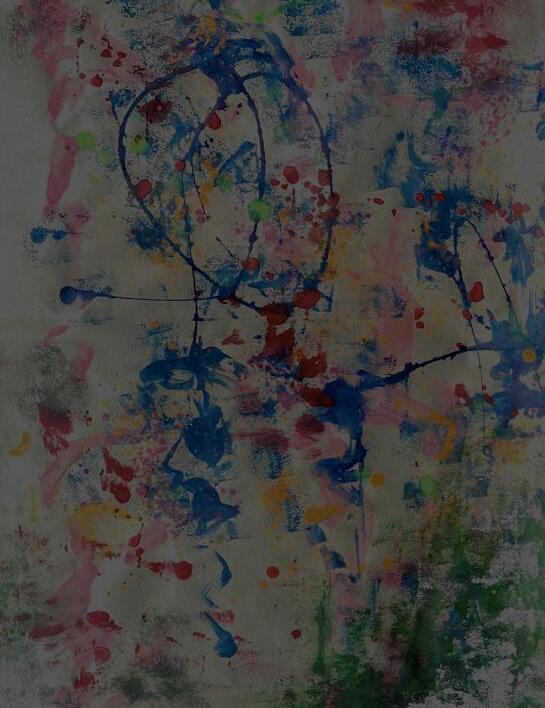

Man 41
Izzy
I swung rope swings
Ran

Tried everything
I could
Bad and good
Missed trains
Danced in rains
New faces in new places
Footprint stretching

Future fetching
I swam in waters
Loved this world
Of mothers and daughters
Inherited my feet to run Was passed a heart
I no longer hide from Fell apart
And sprung back together With spring springing on me all its might
I savoured every bite
Of the life I’d craved forever
Learned to be alone
Learned to be together
I found I love the miles of skin
That I am blessed enough to live in Found a chain of paper dolls
Holding hands and understanding
That we are women
That I am a woman
Emma Joy Hain
42
I am a woman
EDEN. The unnamed woman sits alone among the leaves awaiting his return. A hot day, the kind where the world goes silent and all that can be heard is the hum of insects in the grass. She raises a hand to her rib her expression is strange. But she is in an untainted paradise, and all is indistinct, as if unfinished watercolour spills that will soon grow into lush foliage. Secret and silent and set. A small white creature soars over her suddenly, casting a dappled shadow over her long hair. It is welcome here. There are more creatures that have not emerged yet perhaps mourning the day and waiting for the inky bruise that descends (if it ever will descend, for this day has lingered) after many hours toiling in the sun, casting the landscape into darkness. She does not know ill-temper yet the air is sticky and thick with contentment, and the sweet smell of tens of thousands of flowers, each as small as a fingernail, blooming in the trees The ground now shifts apart easily for a bend of water that rolls in between the two banks, glistening and cool, whispering. She drags herself through the grass towards the river and peers over the edge. Runs her hand through the water, watches little rivulets leak out of her palm. Her beautiful face, kissed by the sun, layers upon layers of new and unblemished skin. And behind her, crimson shapes accumulating on the branches of the huge tree. Her irises stretch to black bullets.
Apples everywhere. Apples, scarlet and shining, decorating the tops of the trees among the dark leaves. Apples, stretching over the landscape, until as far as the eye can see is little flashes of red. Apples, reflected in the water, droplets of blood. Apples, in the eyes and mouths of suddenly mobile creatures. An apple already rotten, fallen to the ground, a little worm wriggling out of it. She goes closer and sees that it is in fact not a worm, but something much longer, slithering up the branches of the tree and nudging a tempting apple towards her. It looks crisp to bite and it is, juice leaking down her wrists and into her veins, contaminating her Stomachs balloon and pulsate with new life as they scream in the wards, tears leaking down their cheeks like the rivulets down Eve’s palm; five days a month of blood and cruel convulsions that spread to their fingertips; bruises across their eyes and lips as the perpetrator stumbles off down the hall; brutal wars; long-term illnesses; people lonely in their old age, shivering in a house that they cannot afford to heat, faces pinched and grey but this is after Eve’s time. One bite and a looming mist descends upon the Garden of Eden, clouding the watercolour landscape to murky. Pellets of rain as the sky opens up and confuses her the sun is gone now. She is lost as everything fades around her, the twists of the tree trunks contorting into faces of fury.
That is the story we were told. That this will be an everlasting wound.
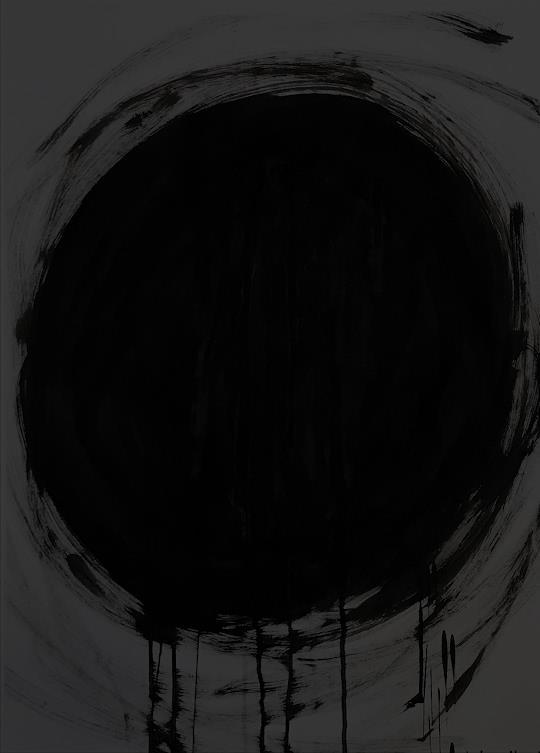 Maggie Harding
Maggie Harding
43
i would make a fantastic woman
i would make a fantastic woman i would flick through cookbooks pick out your favourites keep your stomach full only eat for myself as an afterthought

i would scrub the toilet clean know never to mix bleach with anything yet wonder what would happen anyway

i would keep the house teeming with the laughter of our many children borne of my ever-fertile self against my very wishes
i would make my bed and lay in it the way i made yours a few hours before hungry and clean and still
I would make a fantastic woman
Anonymous 44
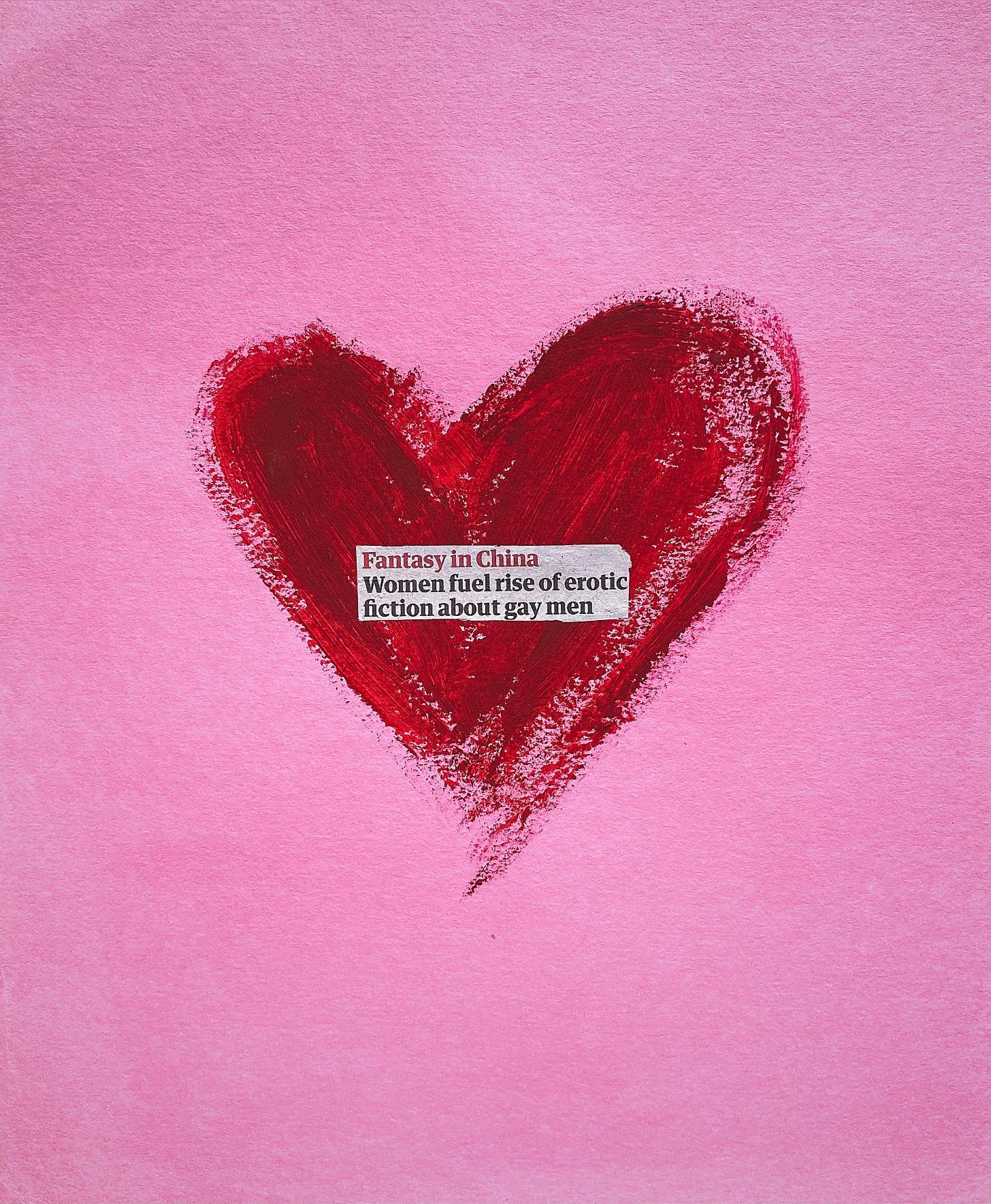
45
Madeleine Baber
the cabbages
when i am drunk, i can fuck a man, hold his hands, let him kiss my neck. hot breath all over my collarbones, i can make him wait. moaning out my name, i feel the power in my rib cage, fingertips brushing against thighs as he begs.
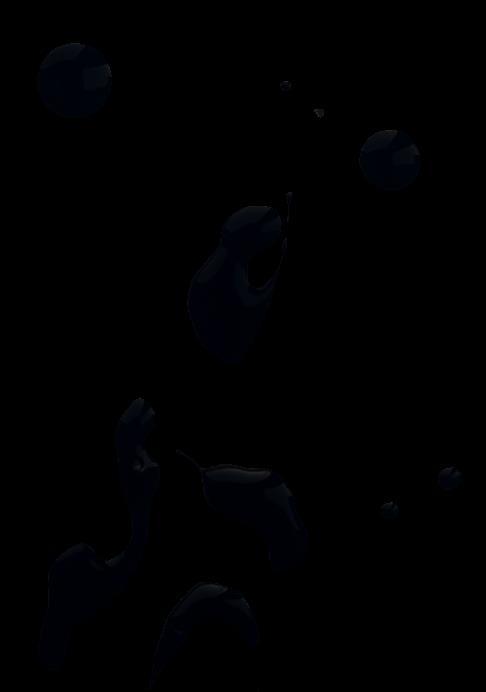
when i am sober, in the grocery store, a man will walk past me too close. and i will want to throw up, all over the cabbages.
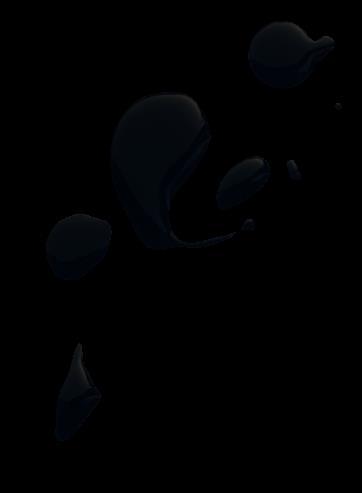
46
Anonymous

47
Maggie Harding
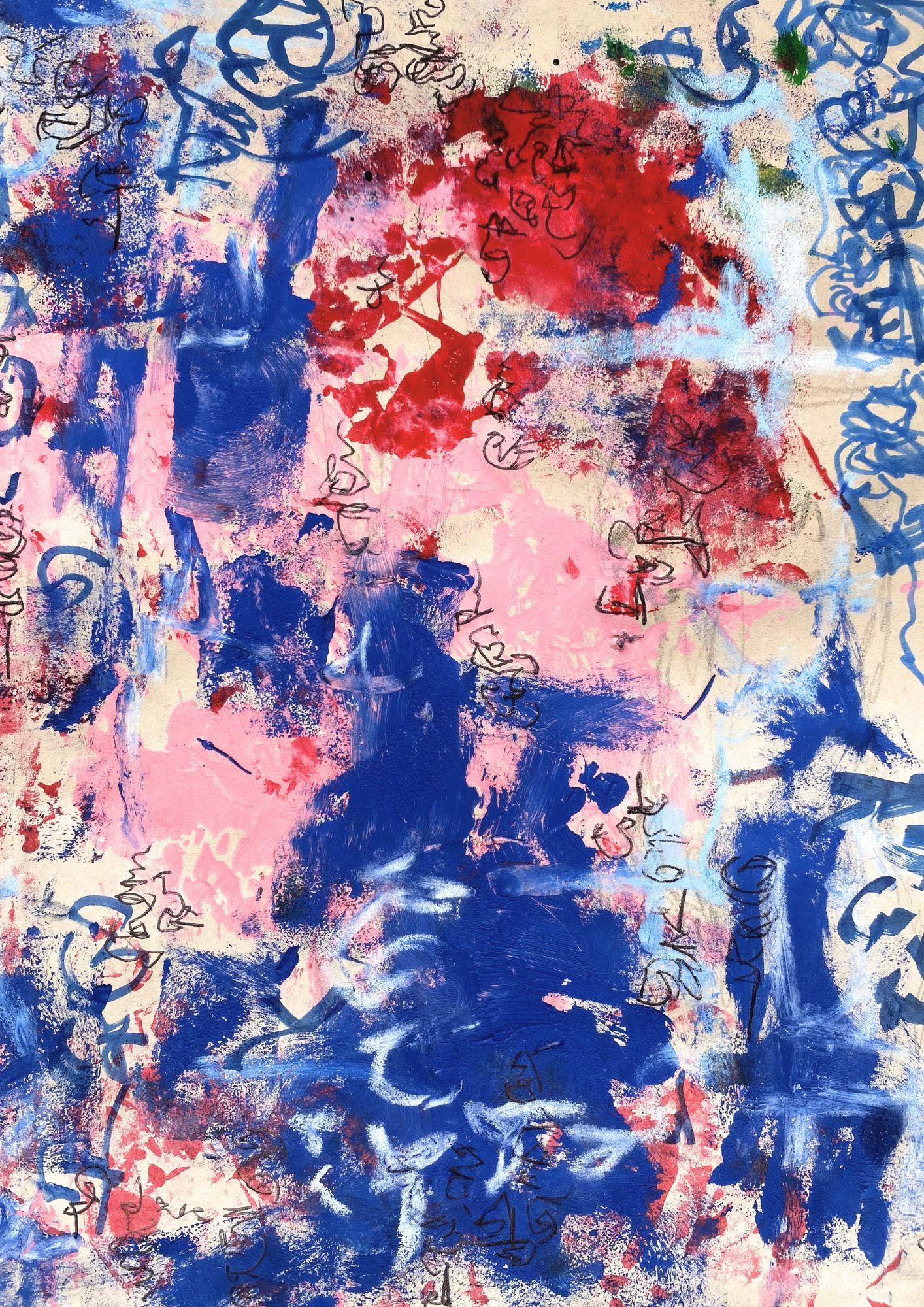

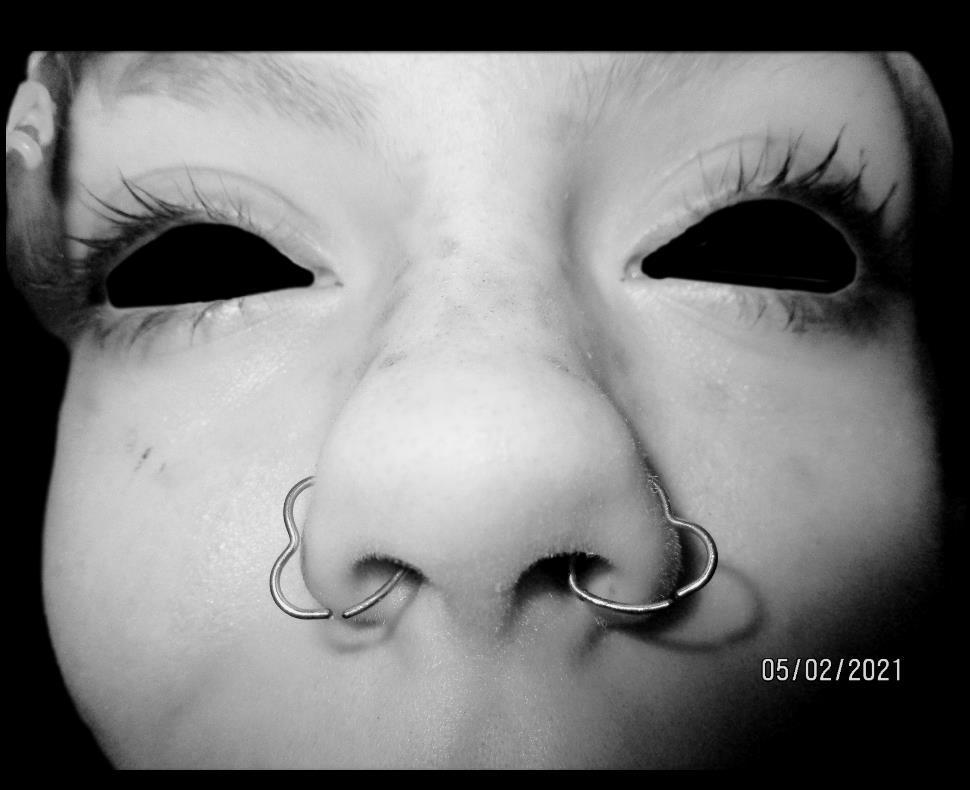




































































 Jasmine Heddle Bacon
Jasmine Heddle Bacon


























 Maggie Harding
Maggie Harding










